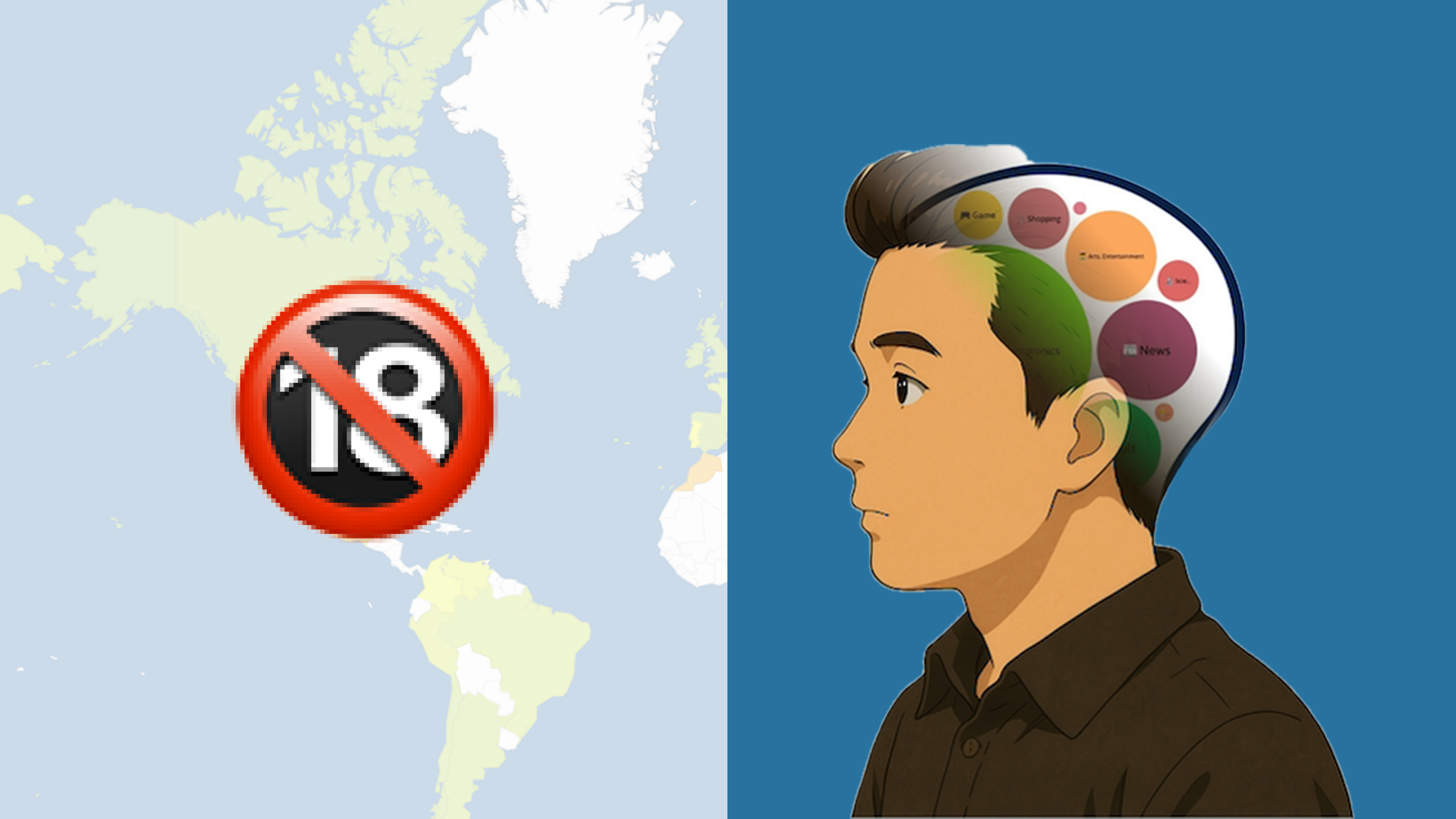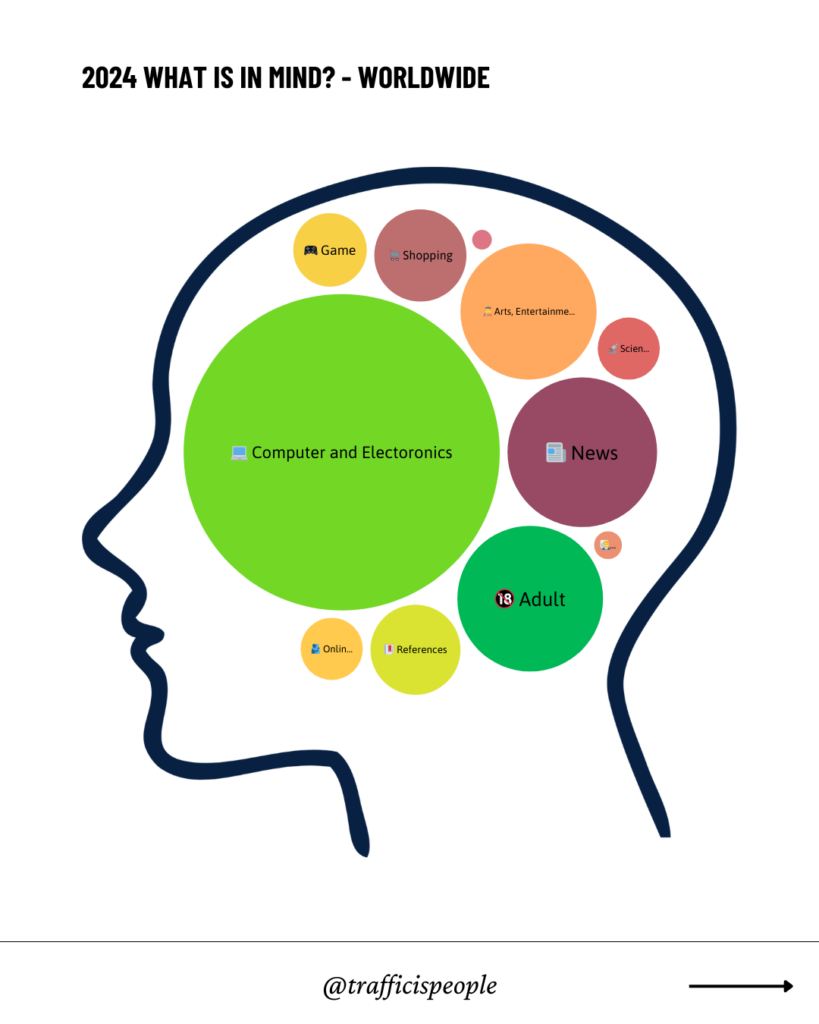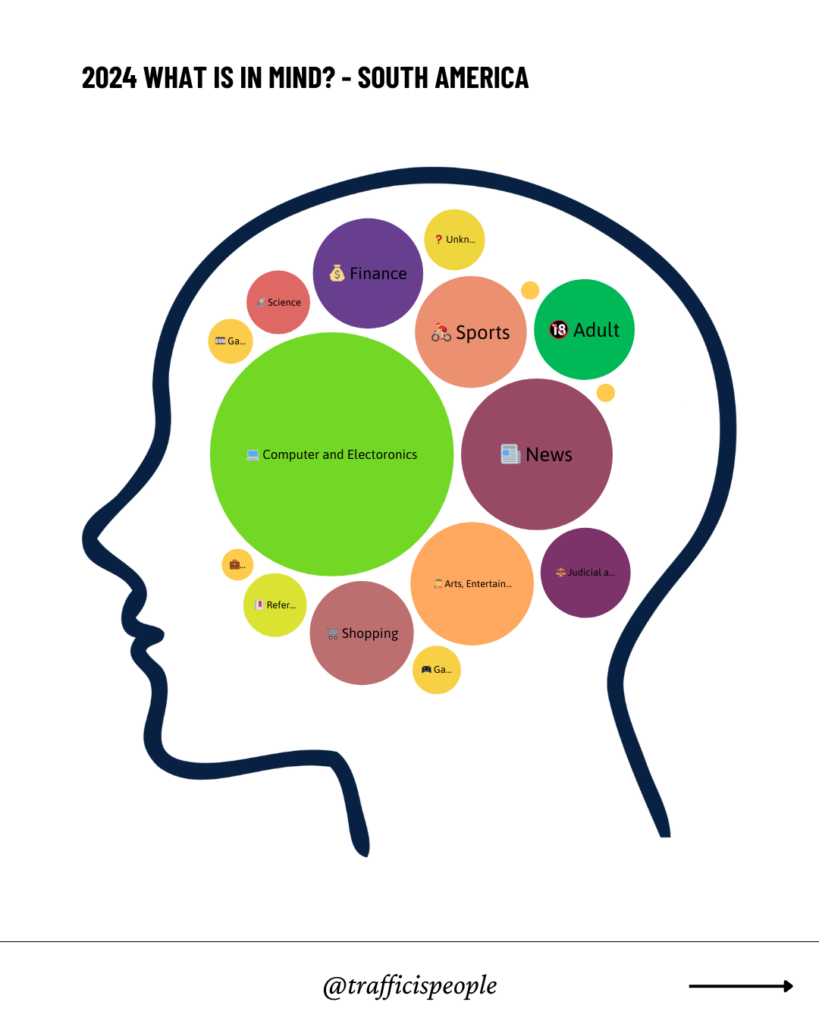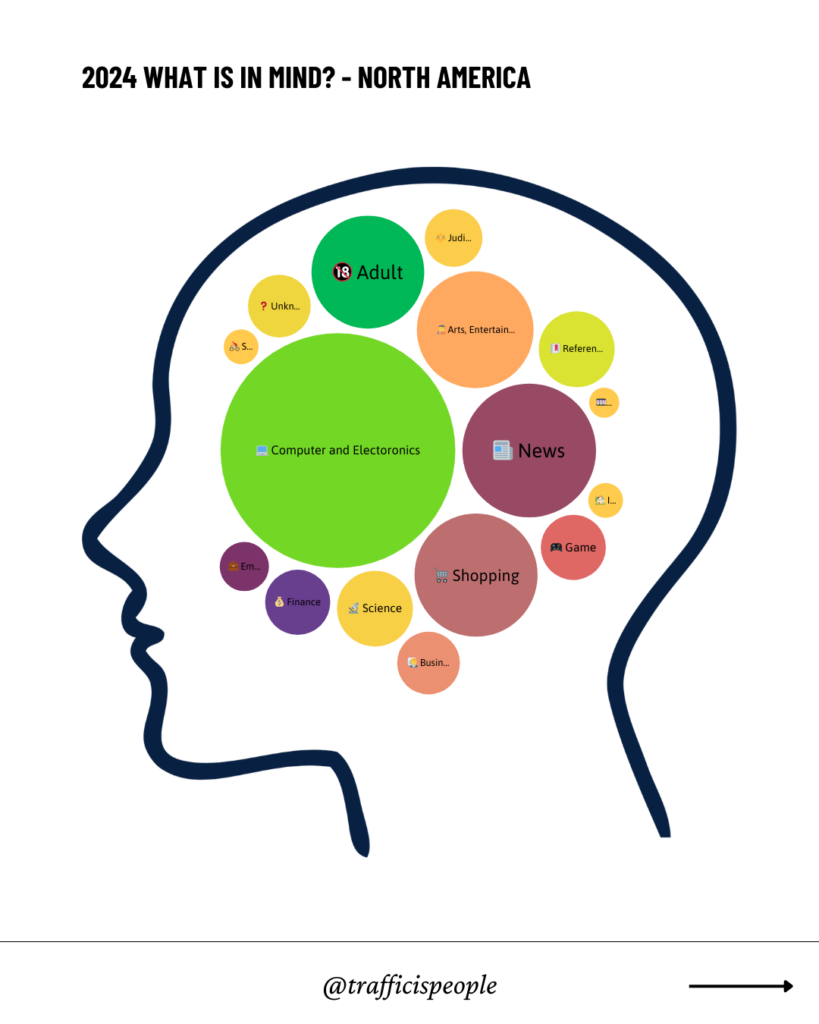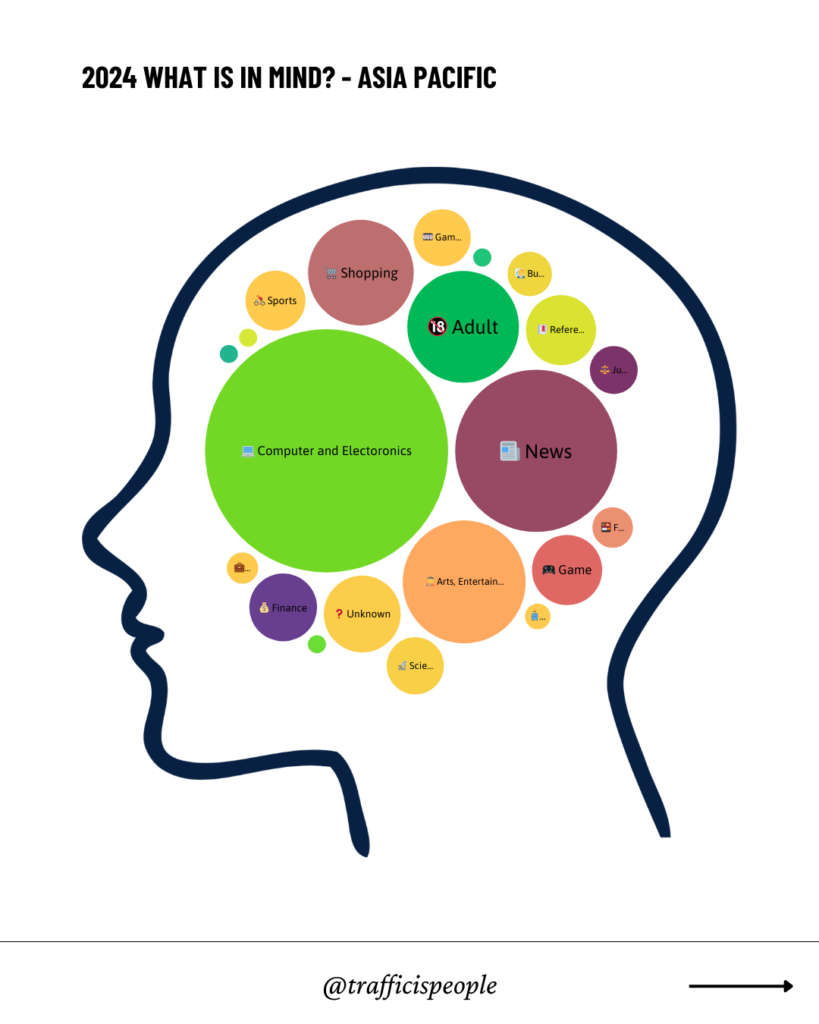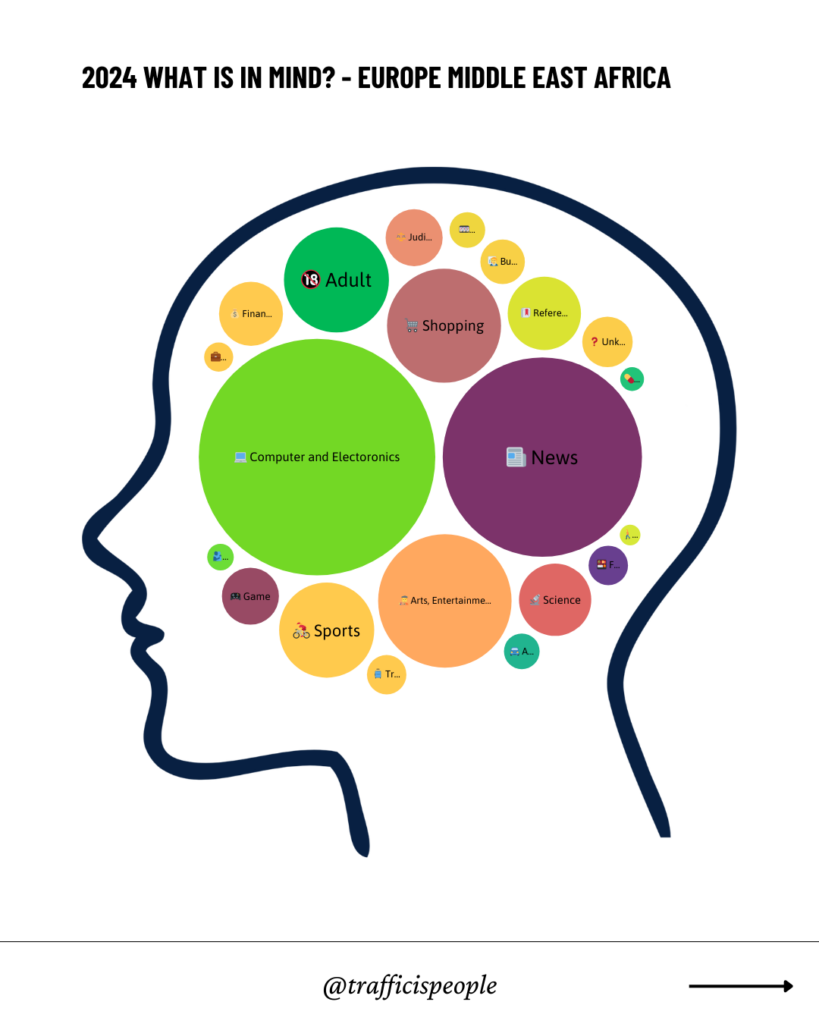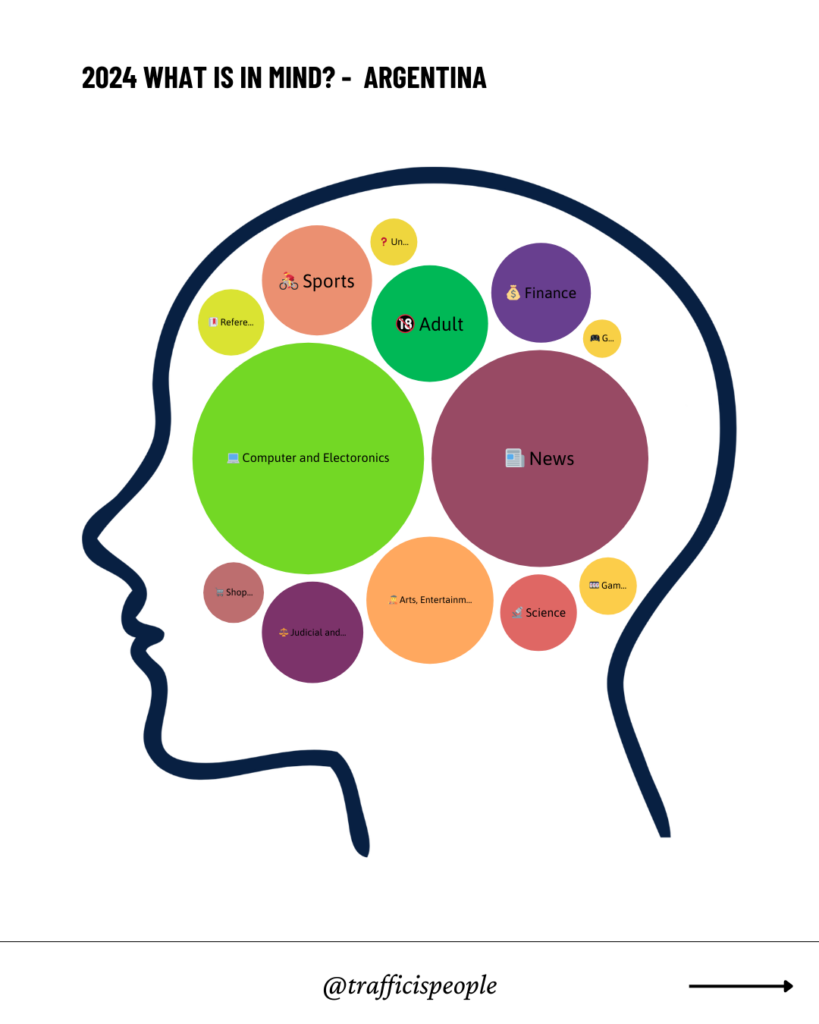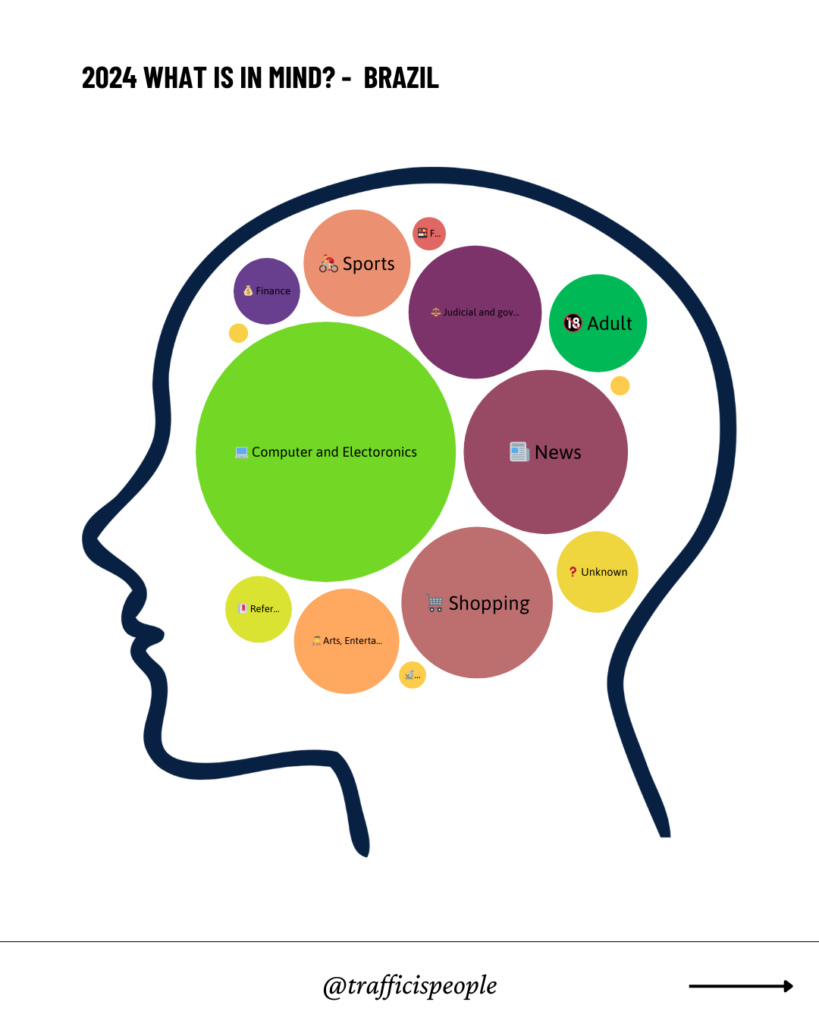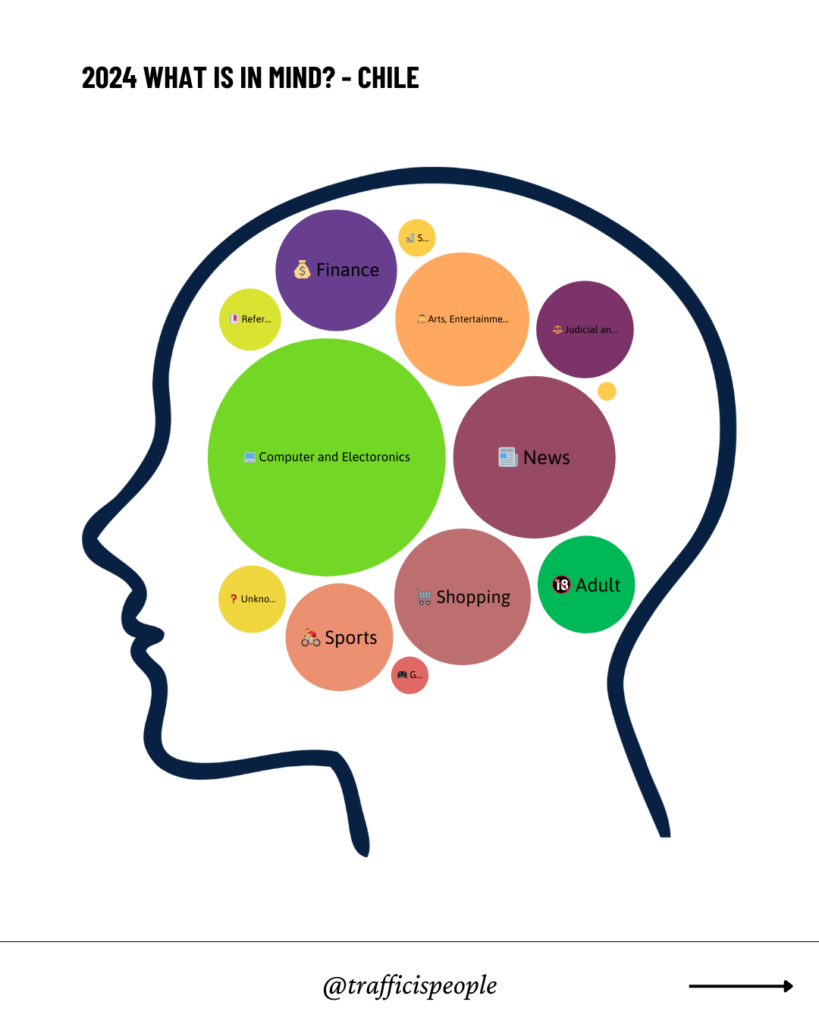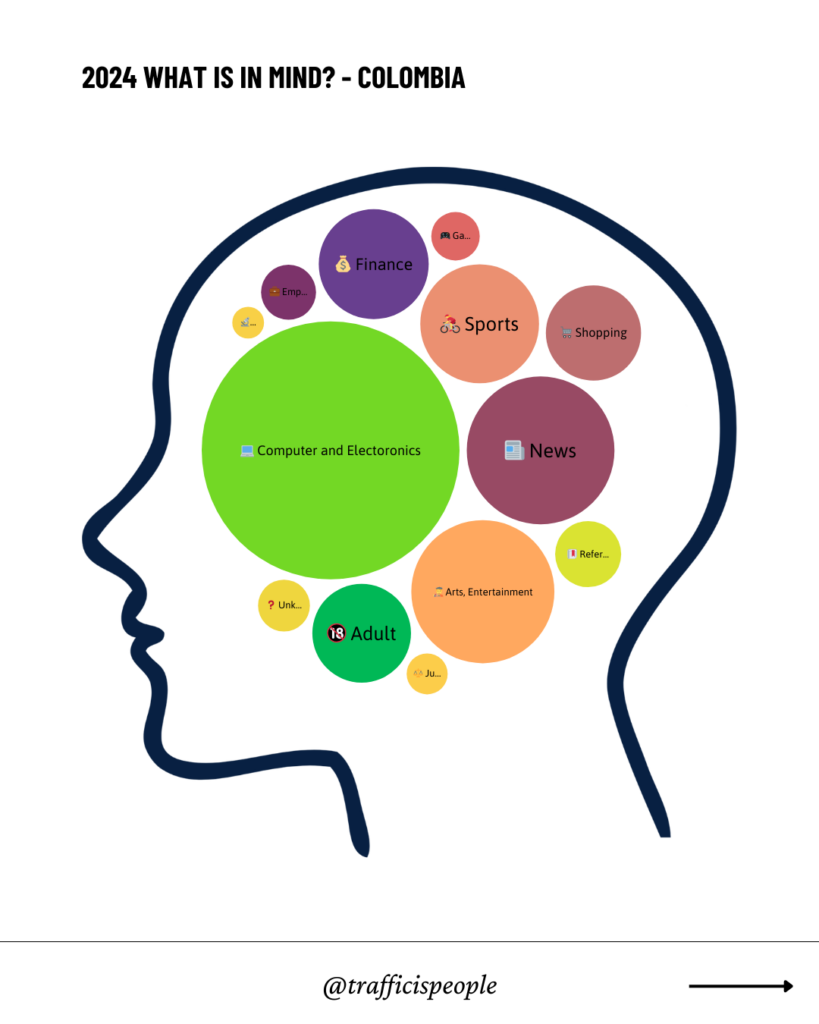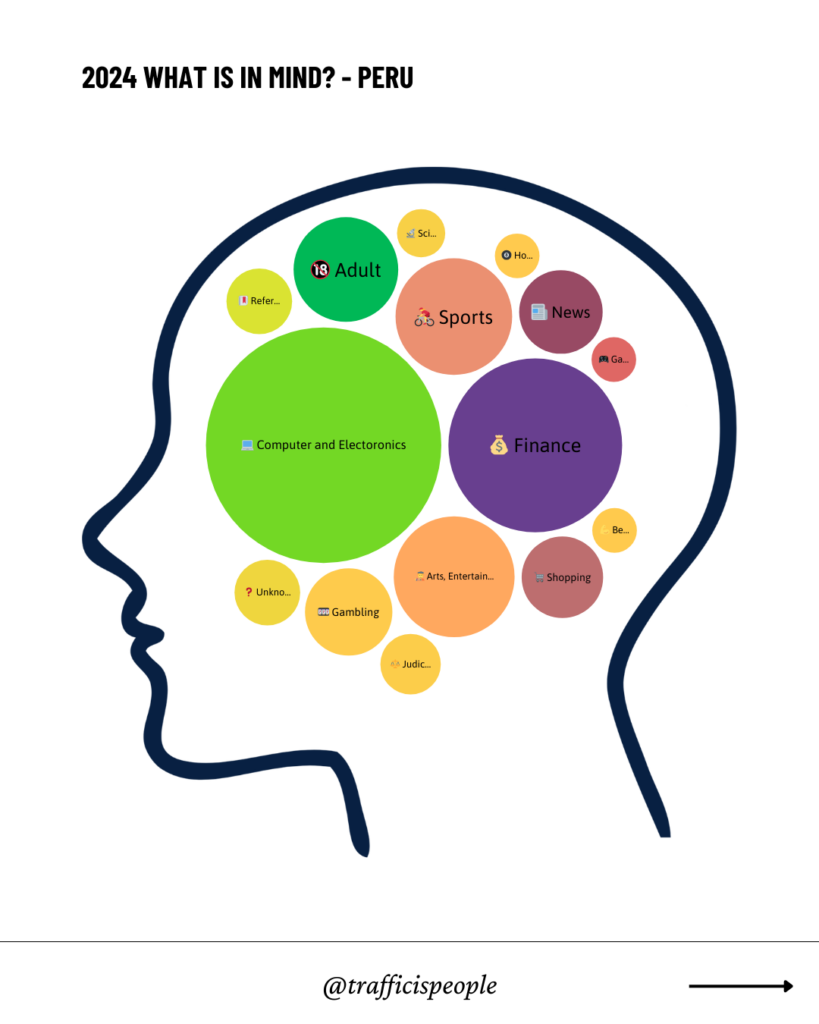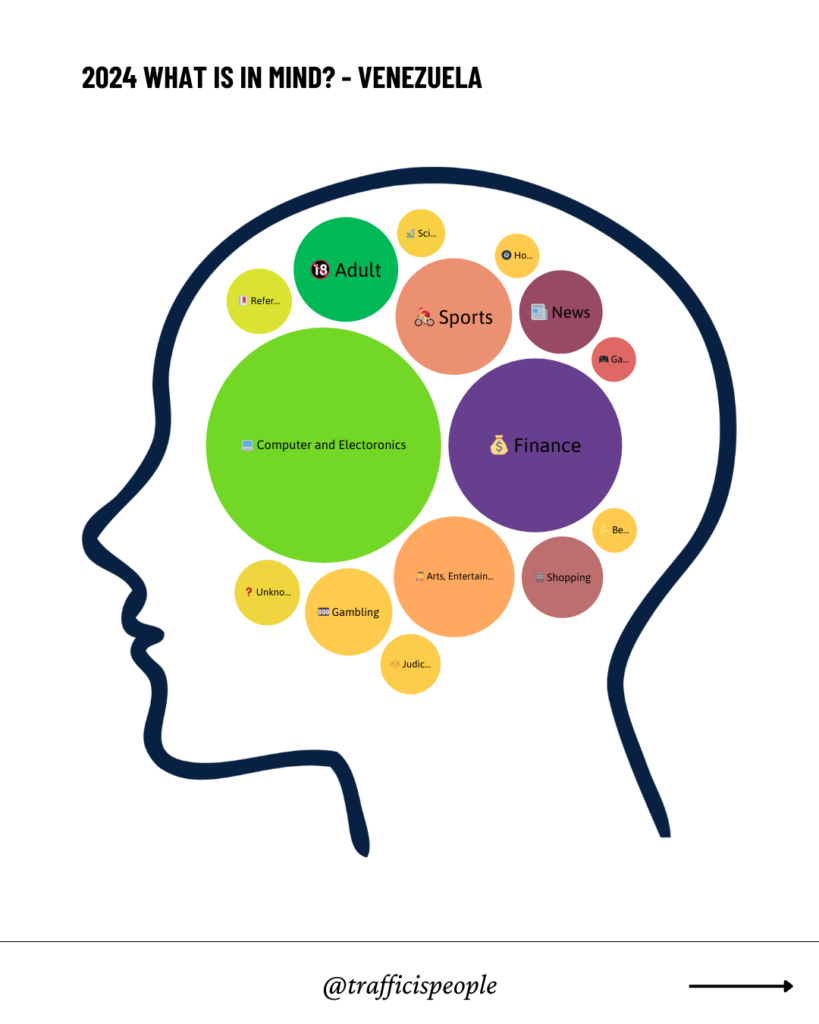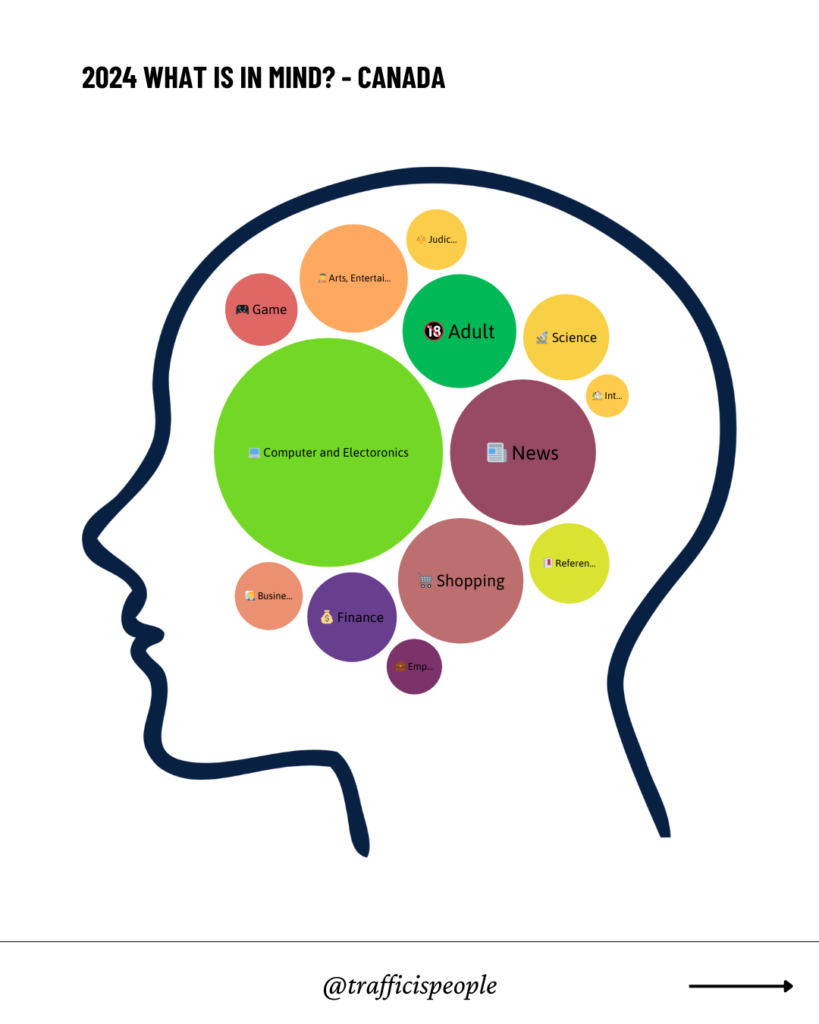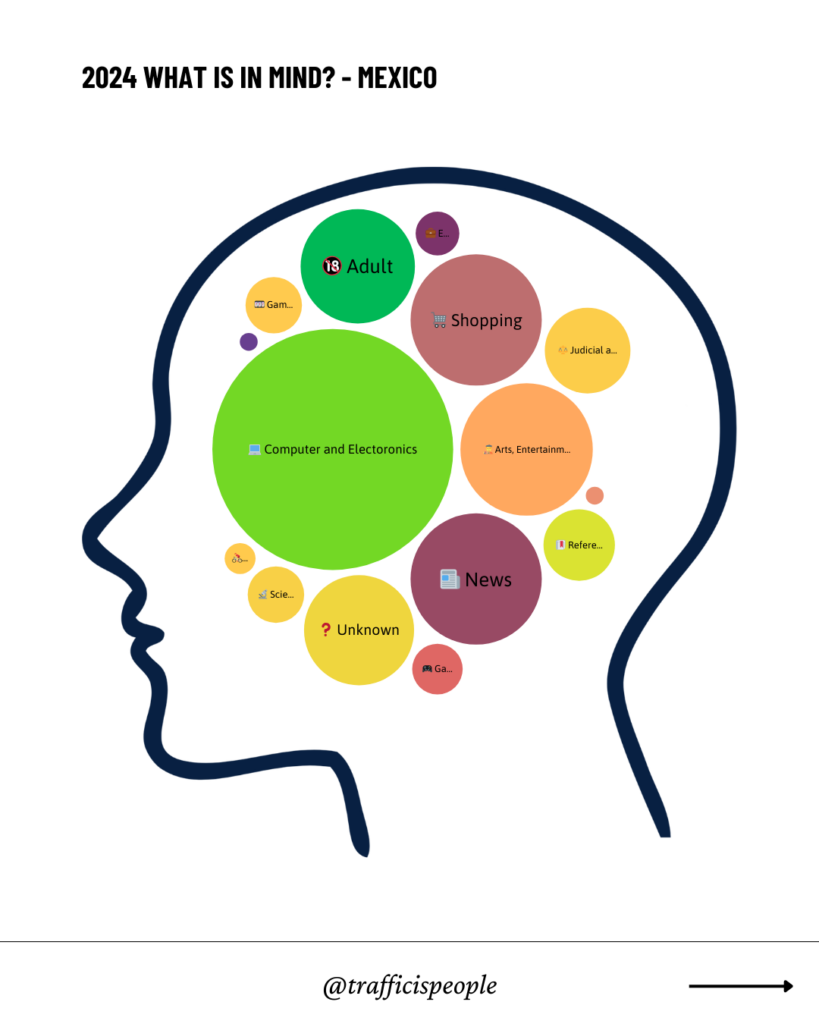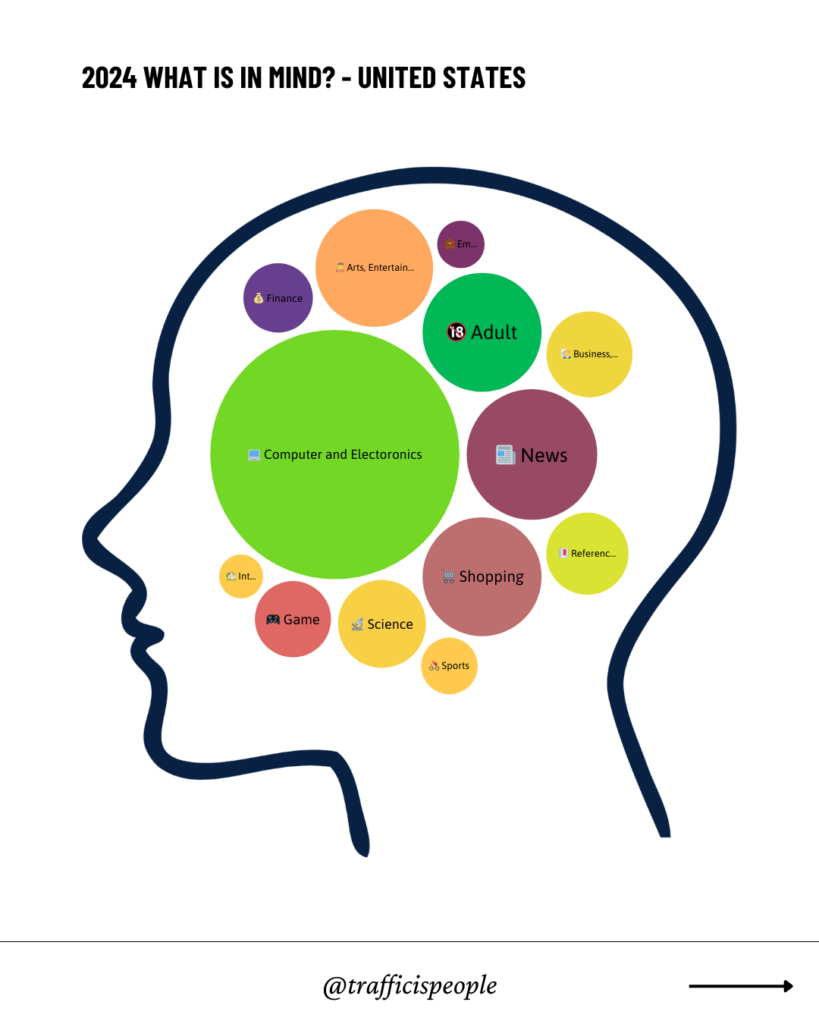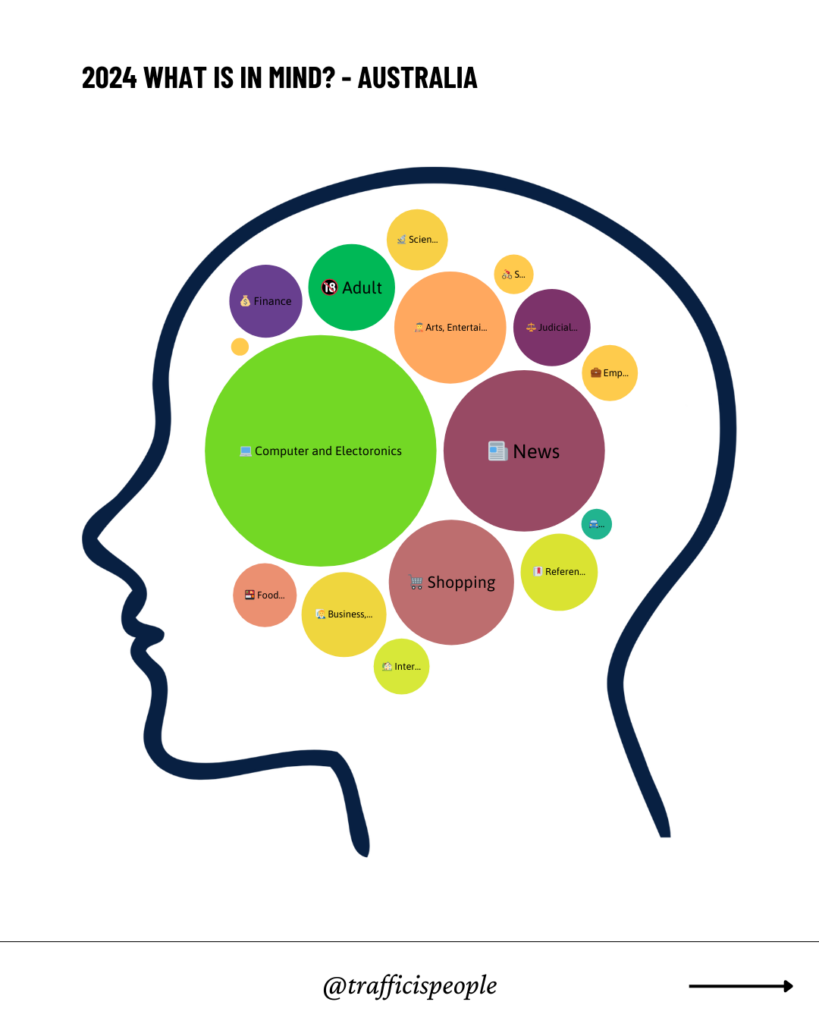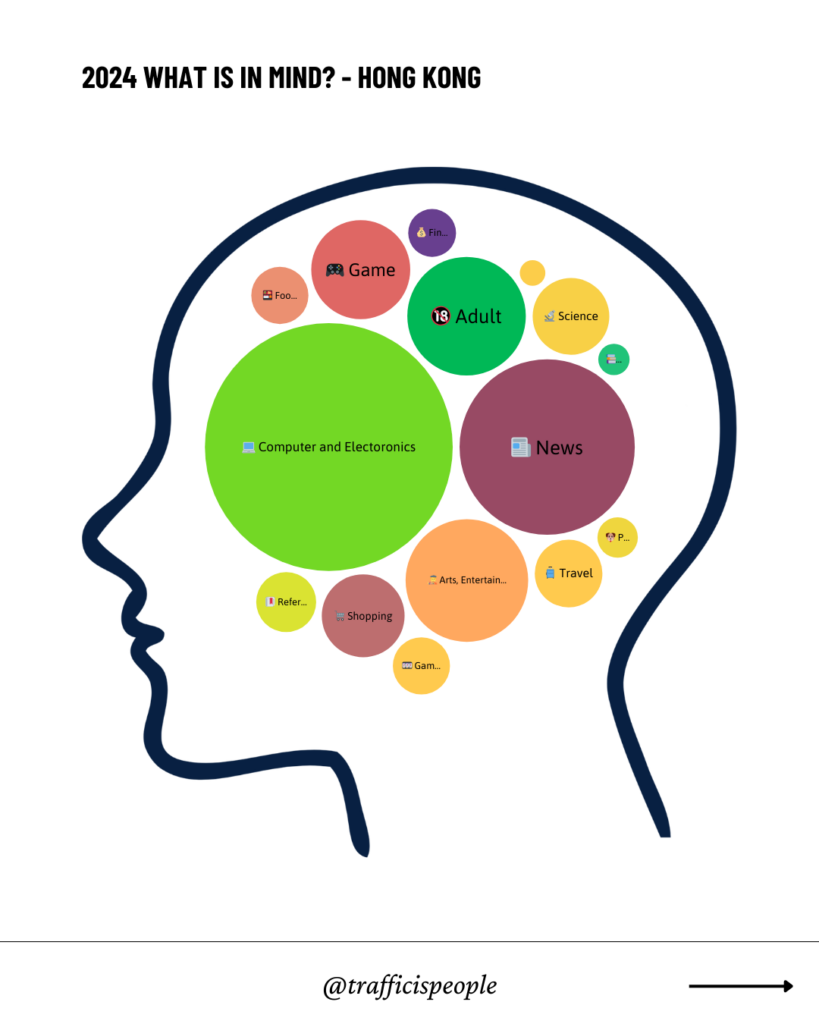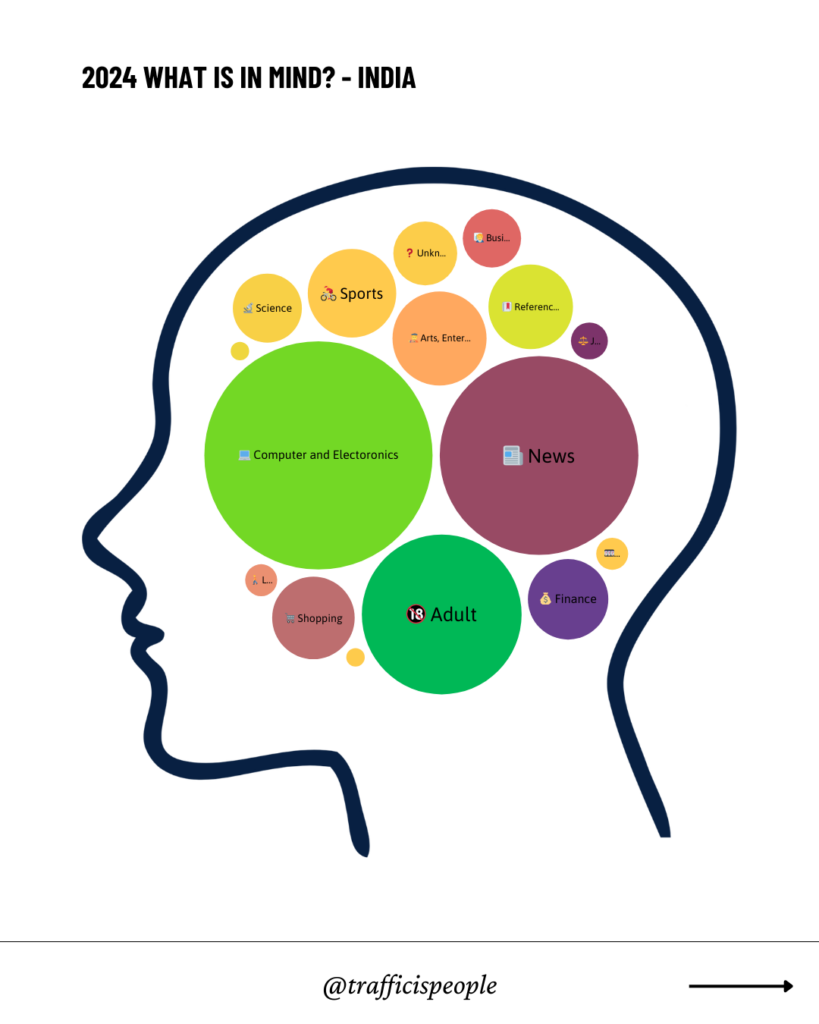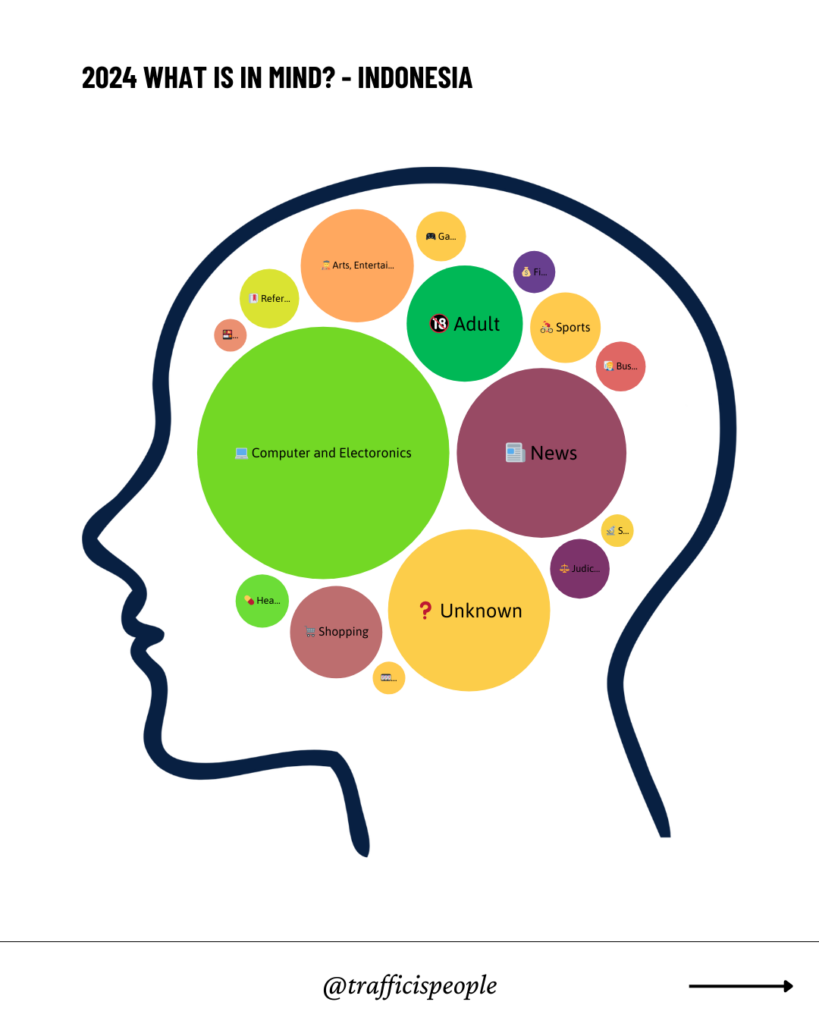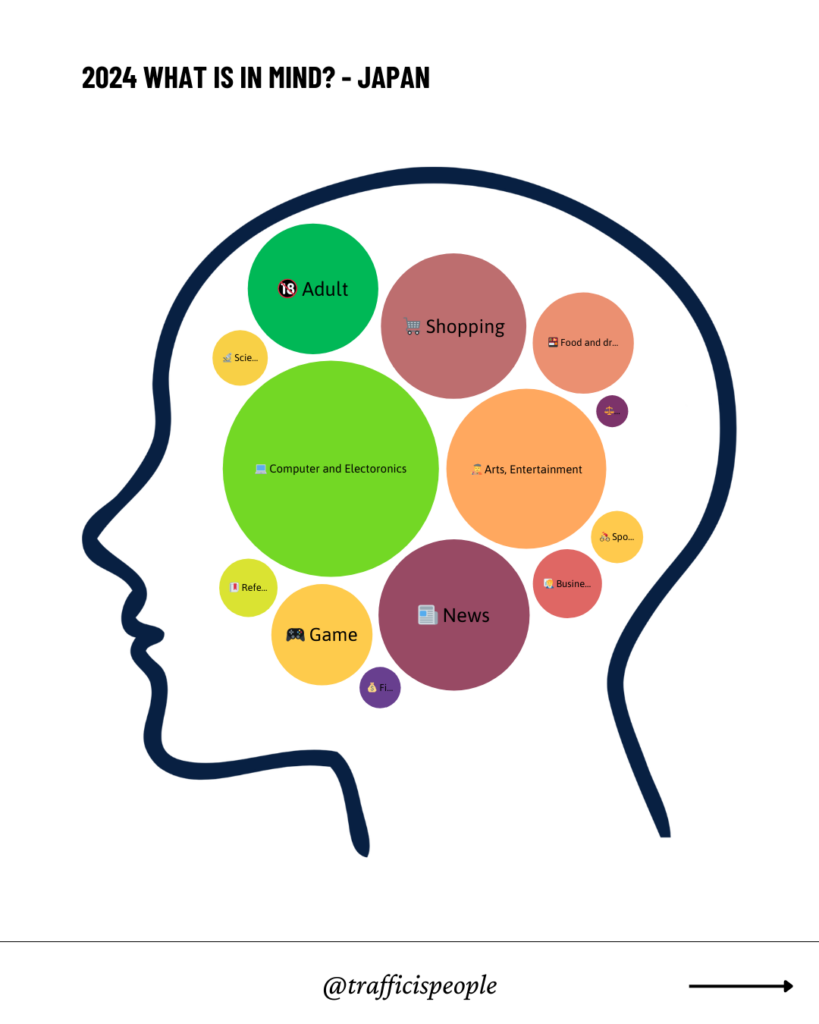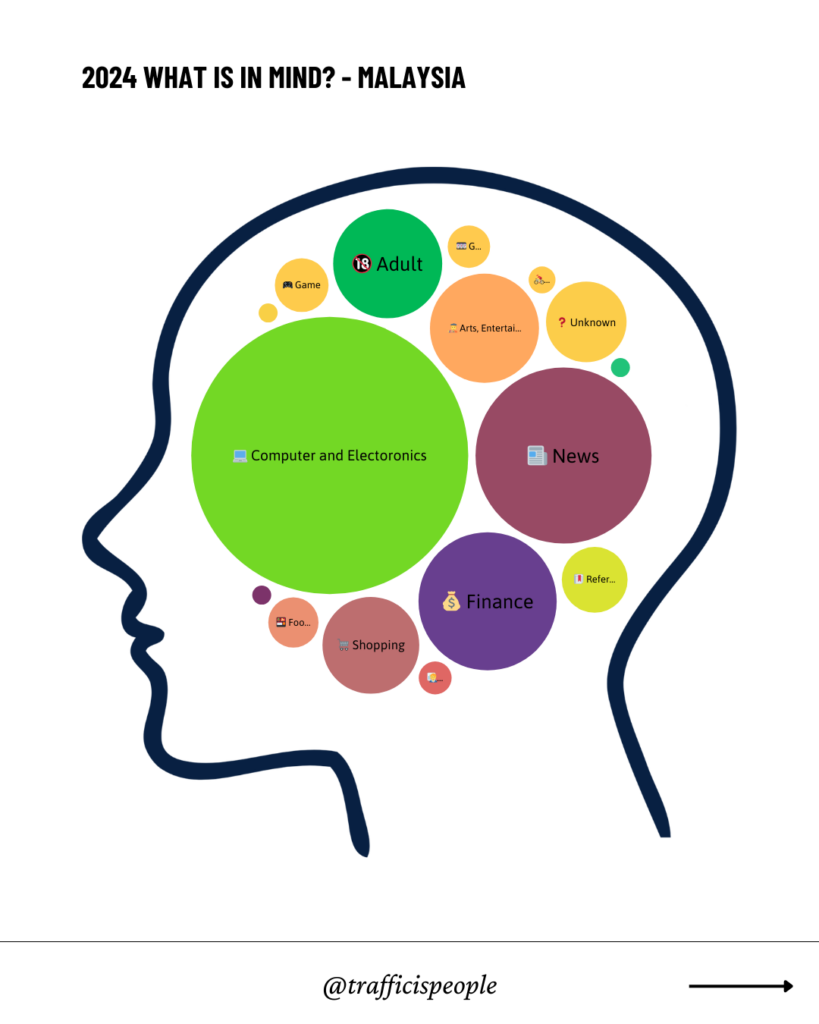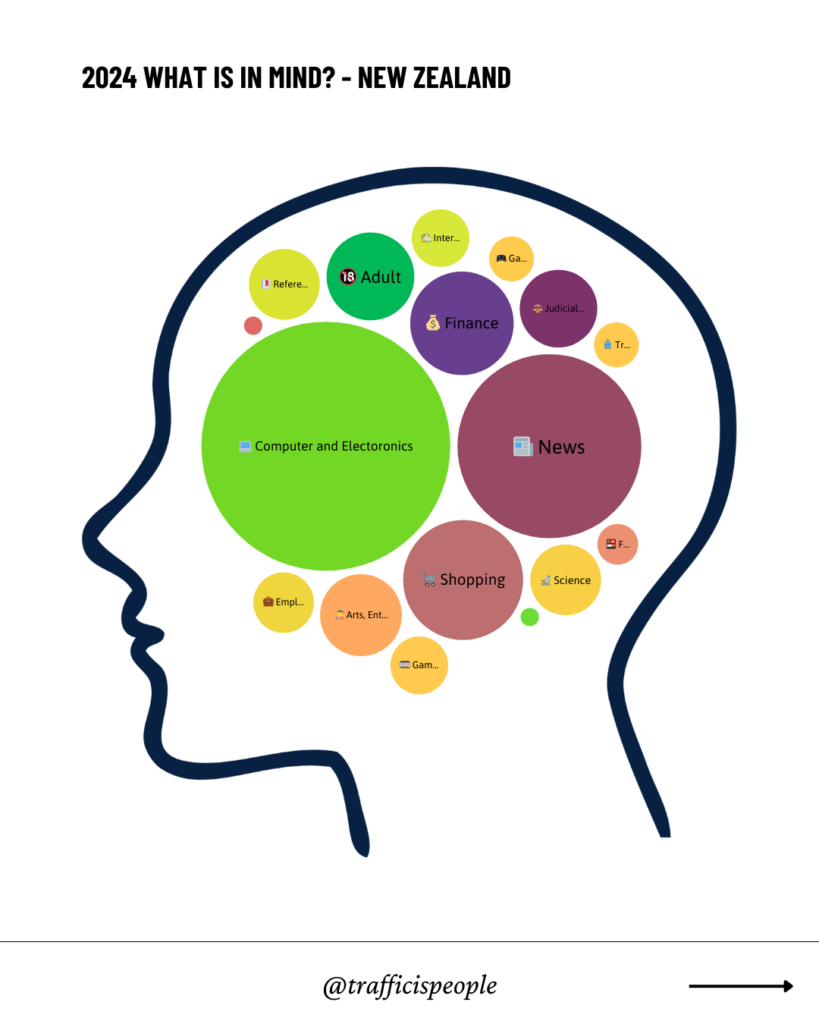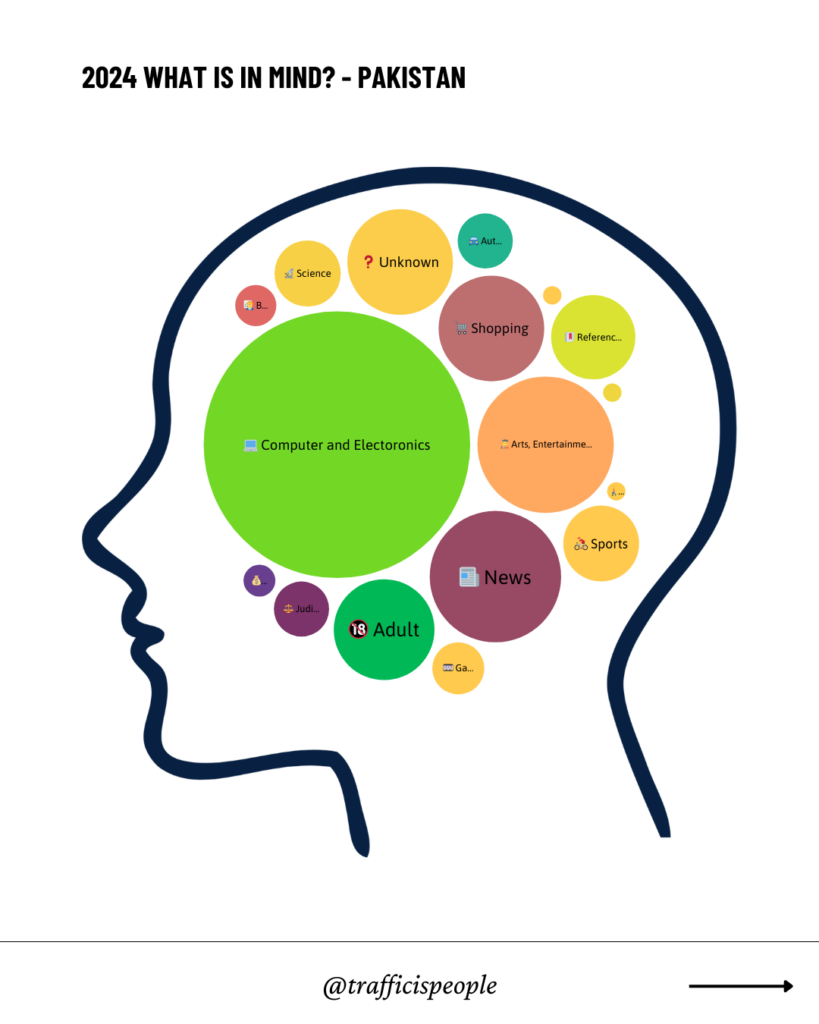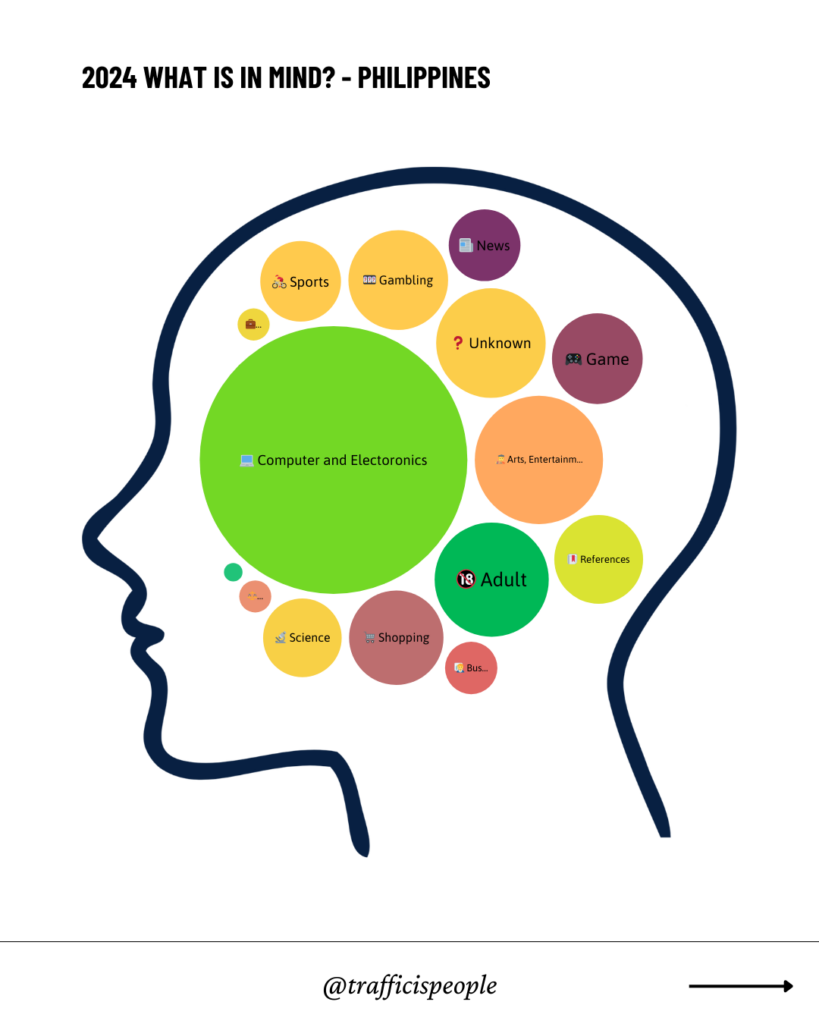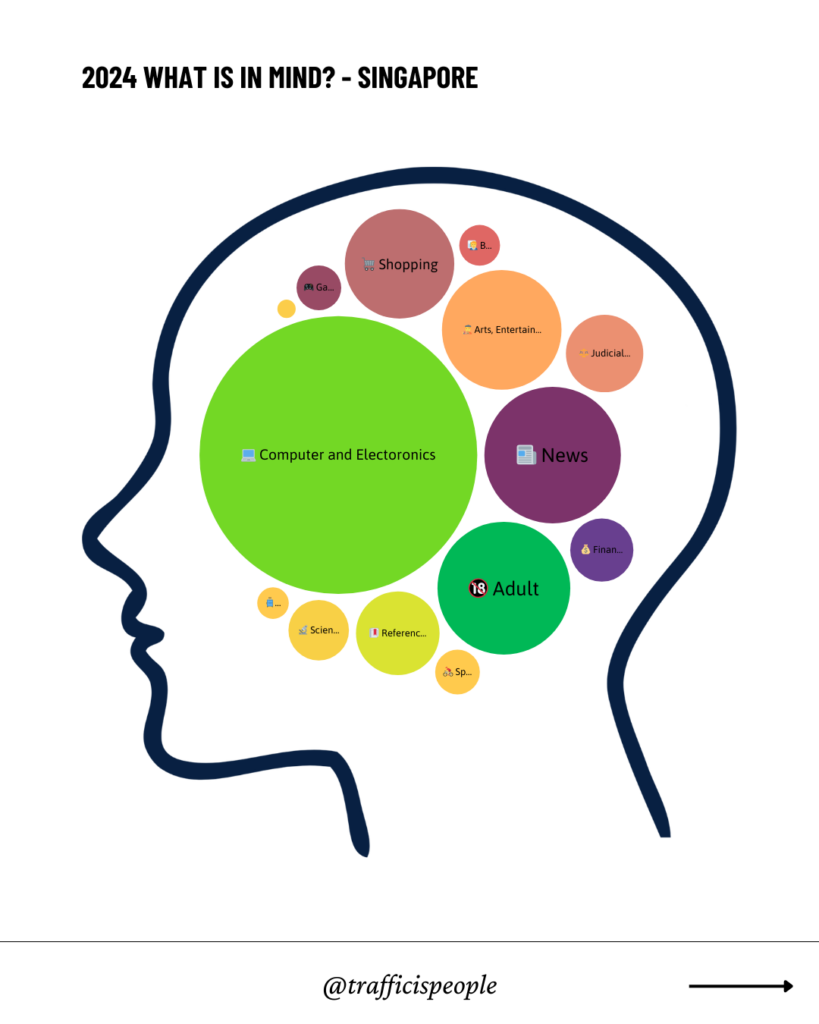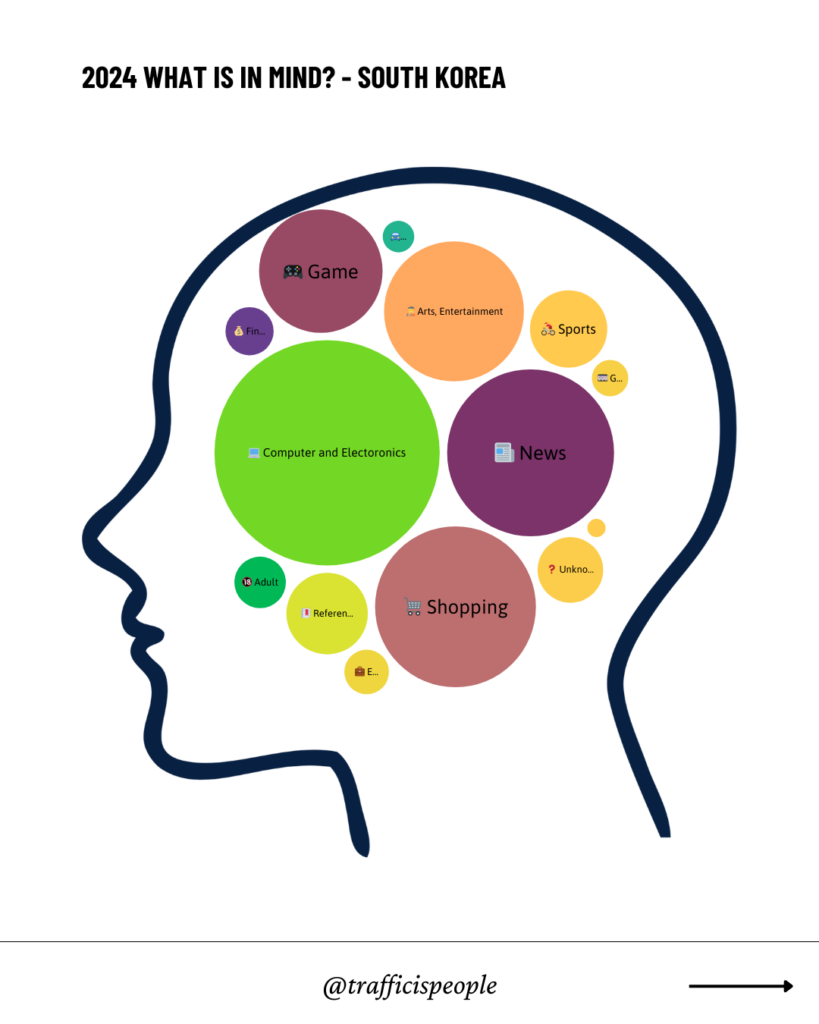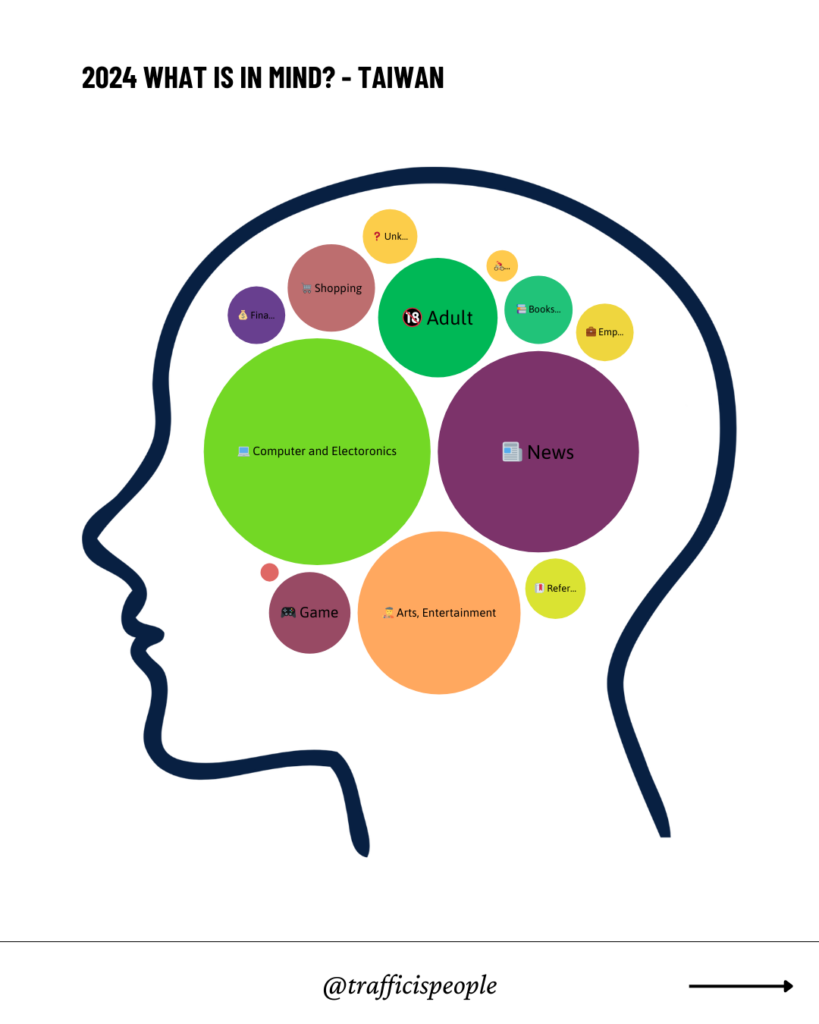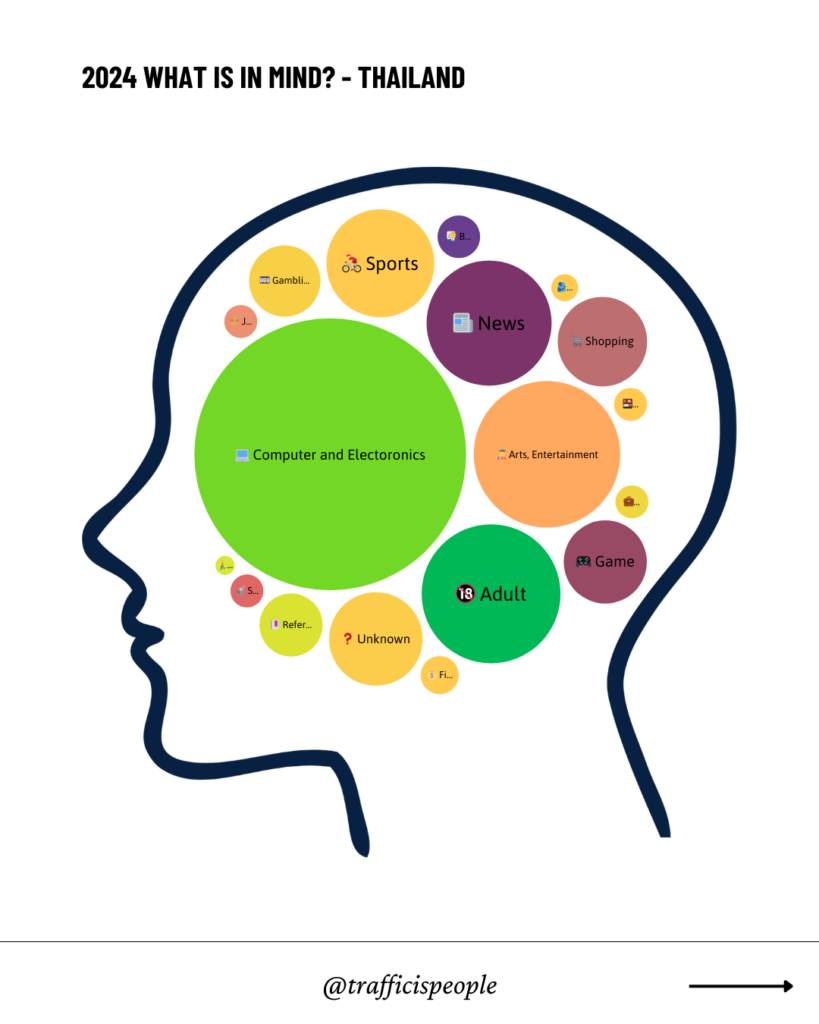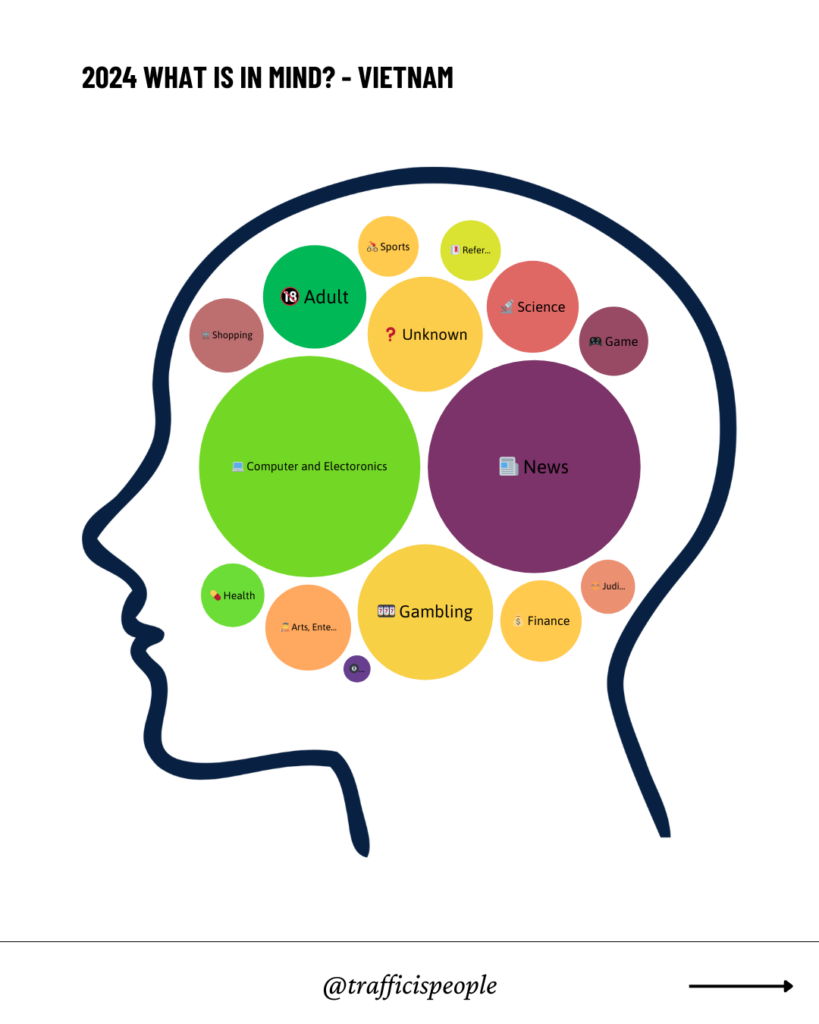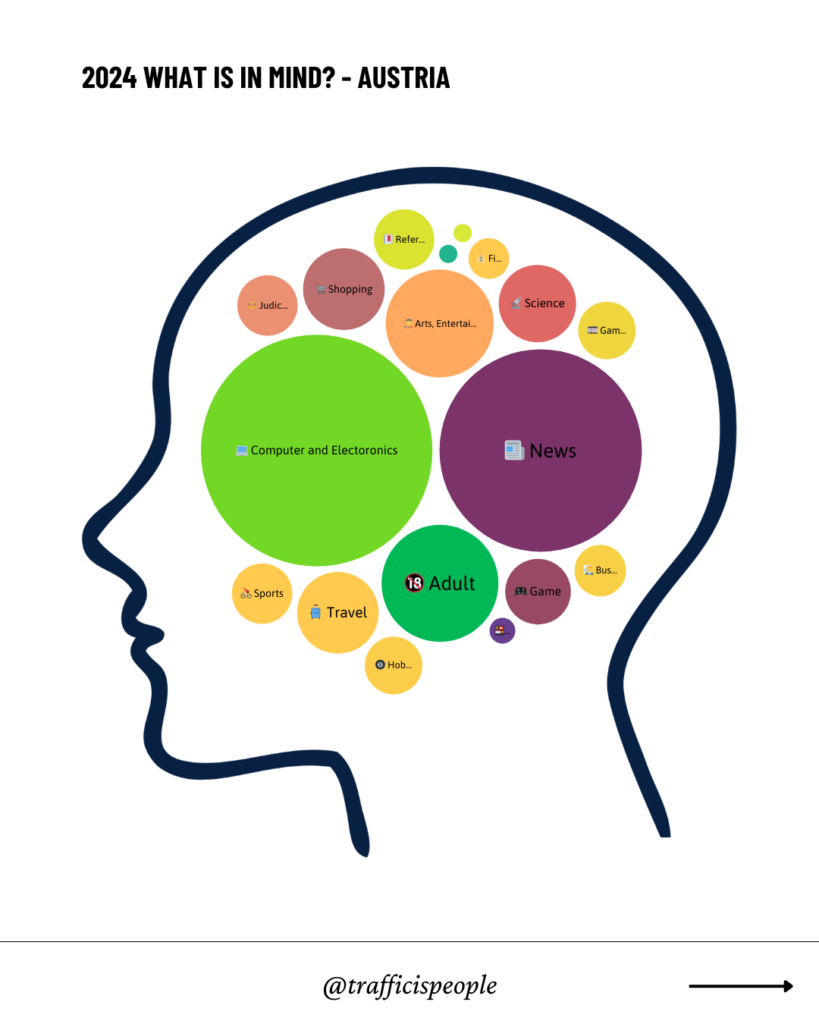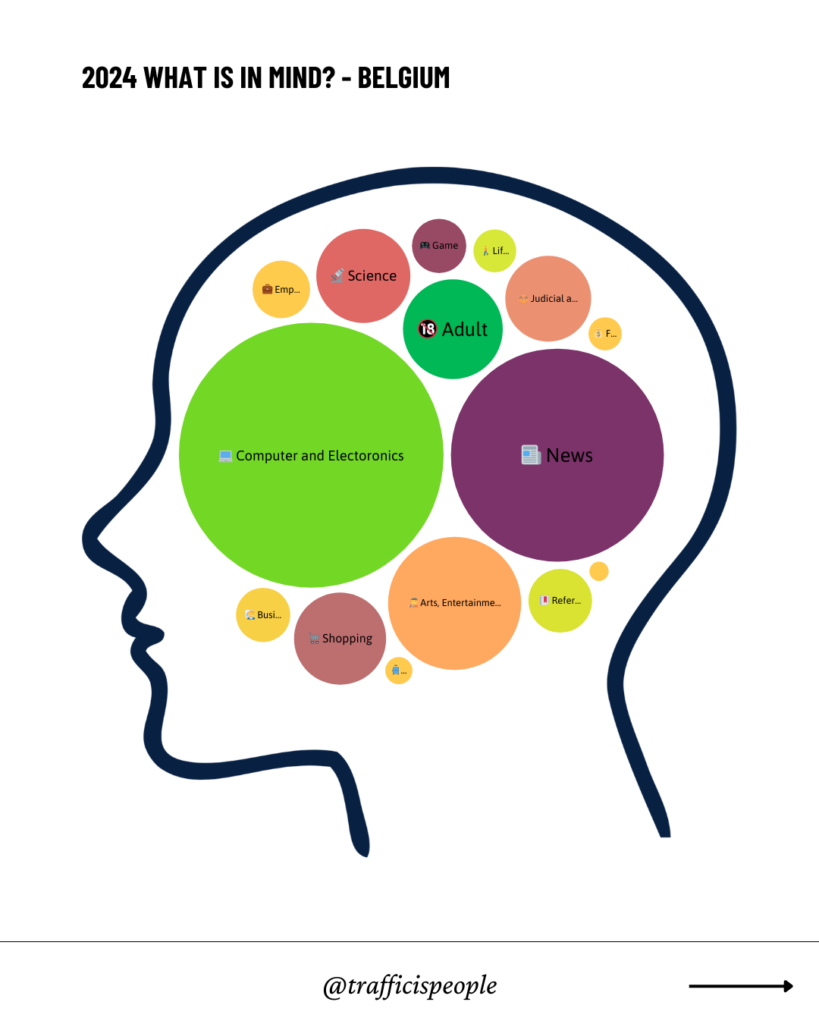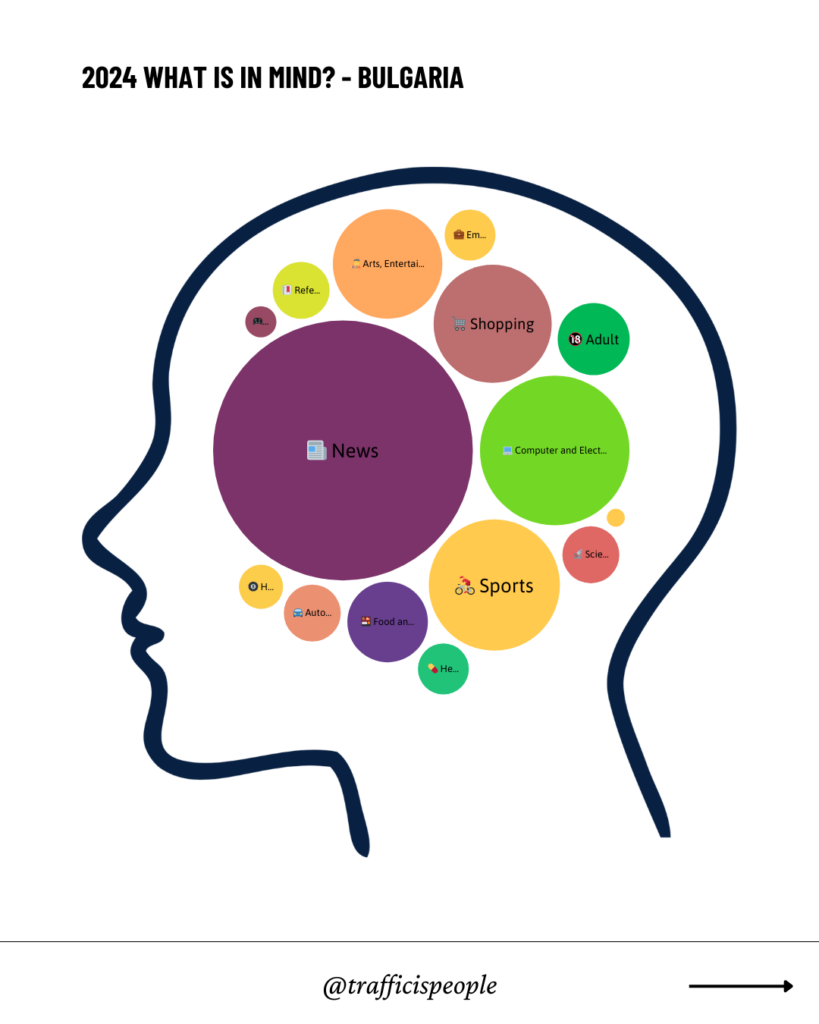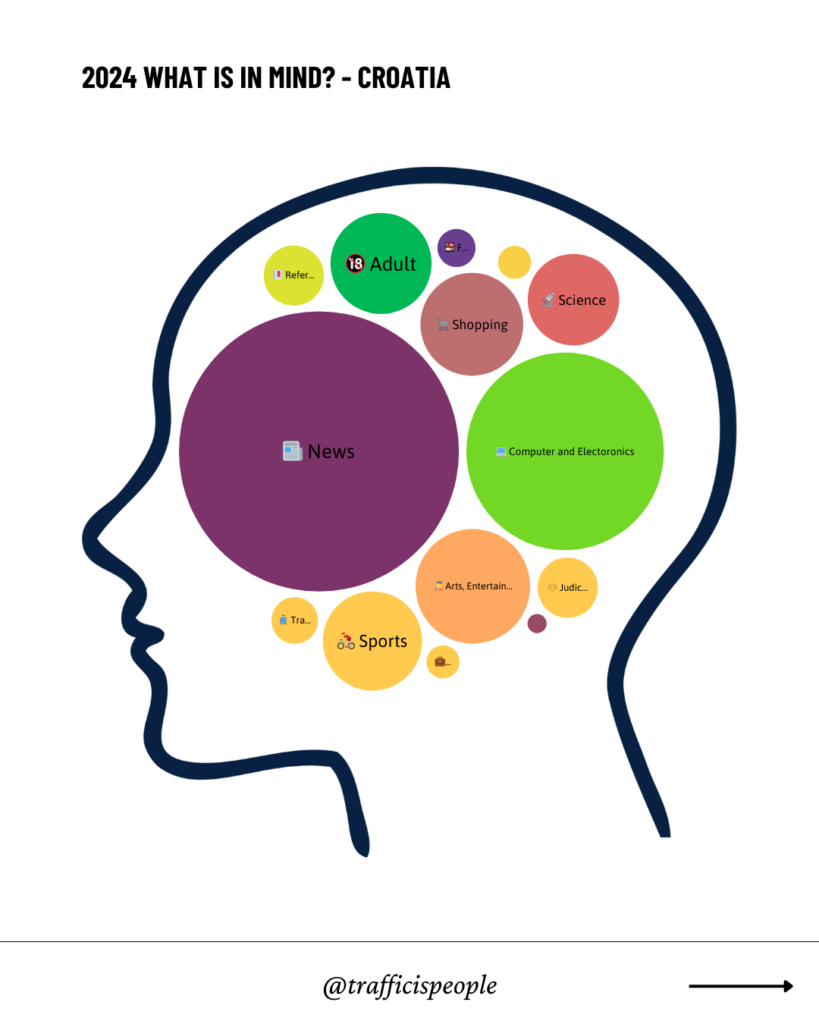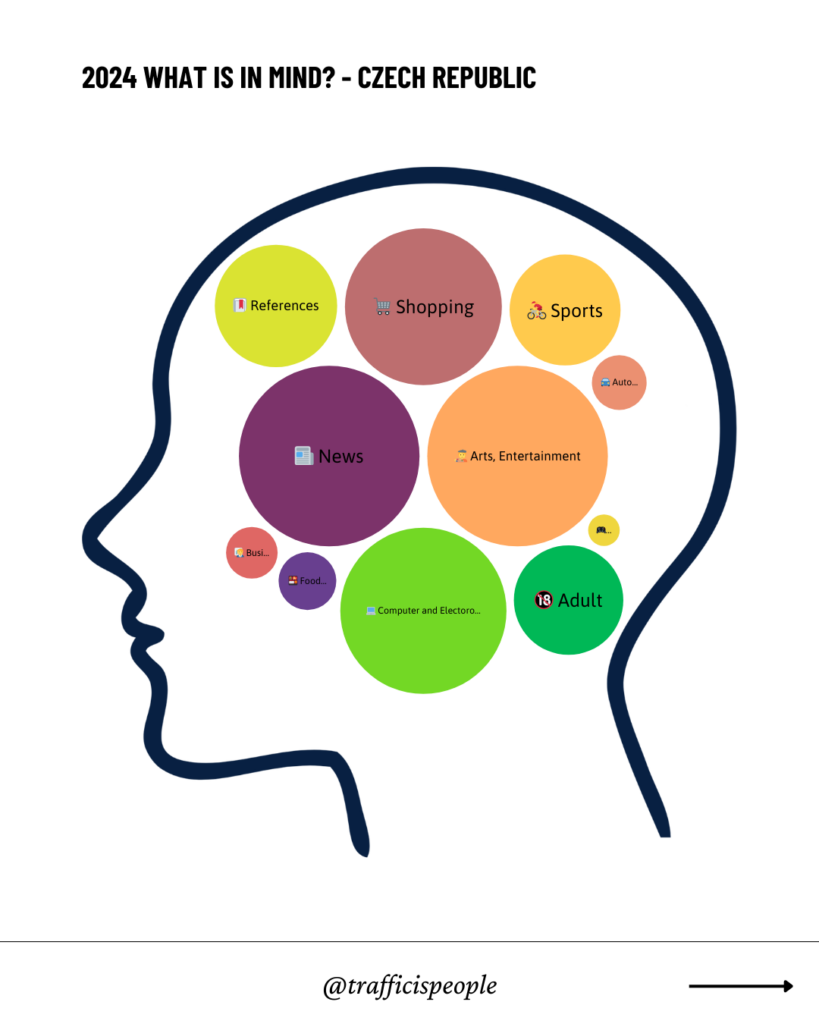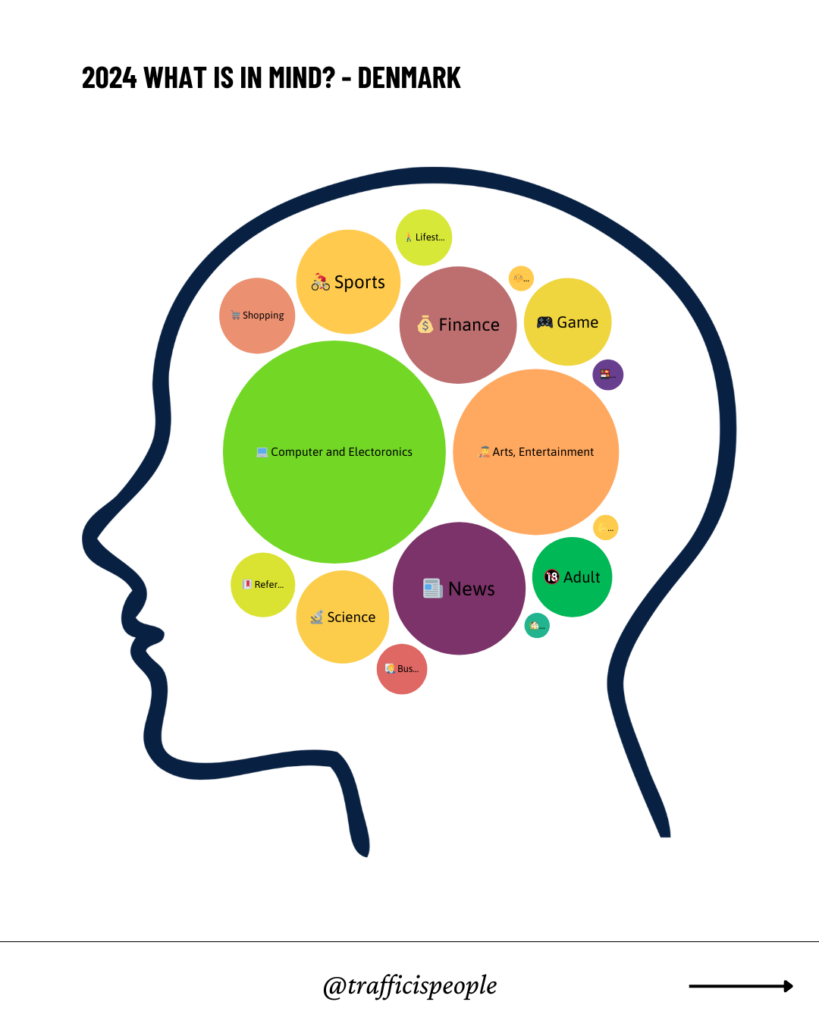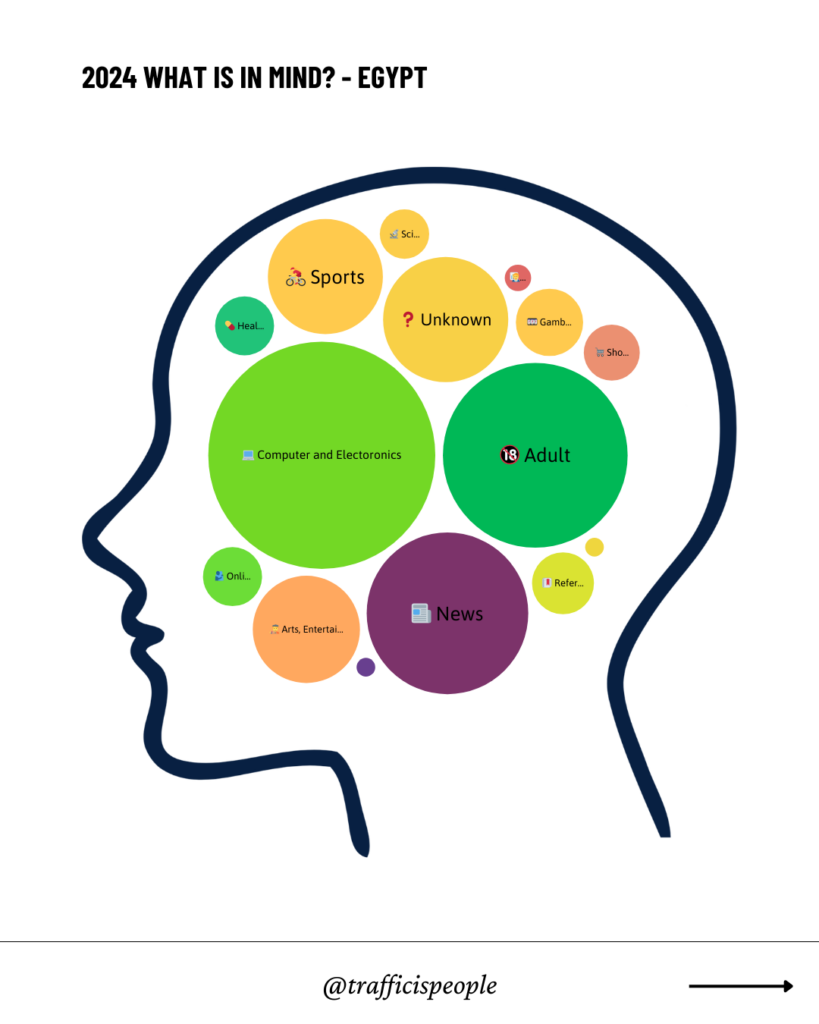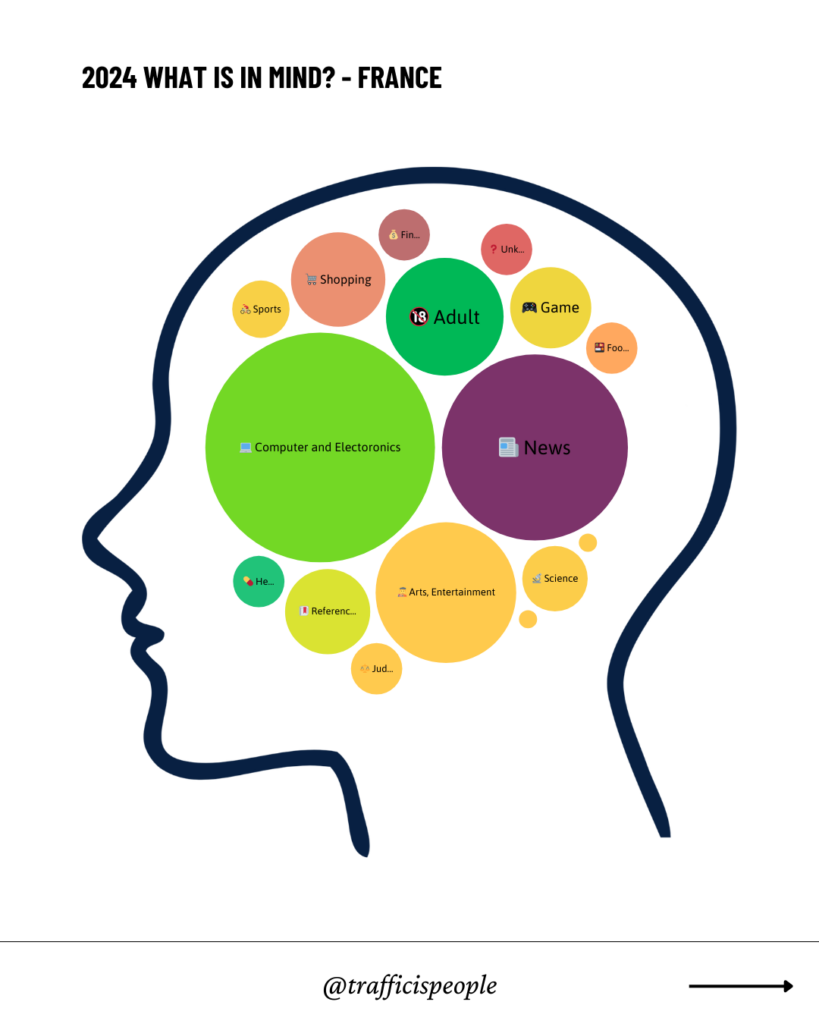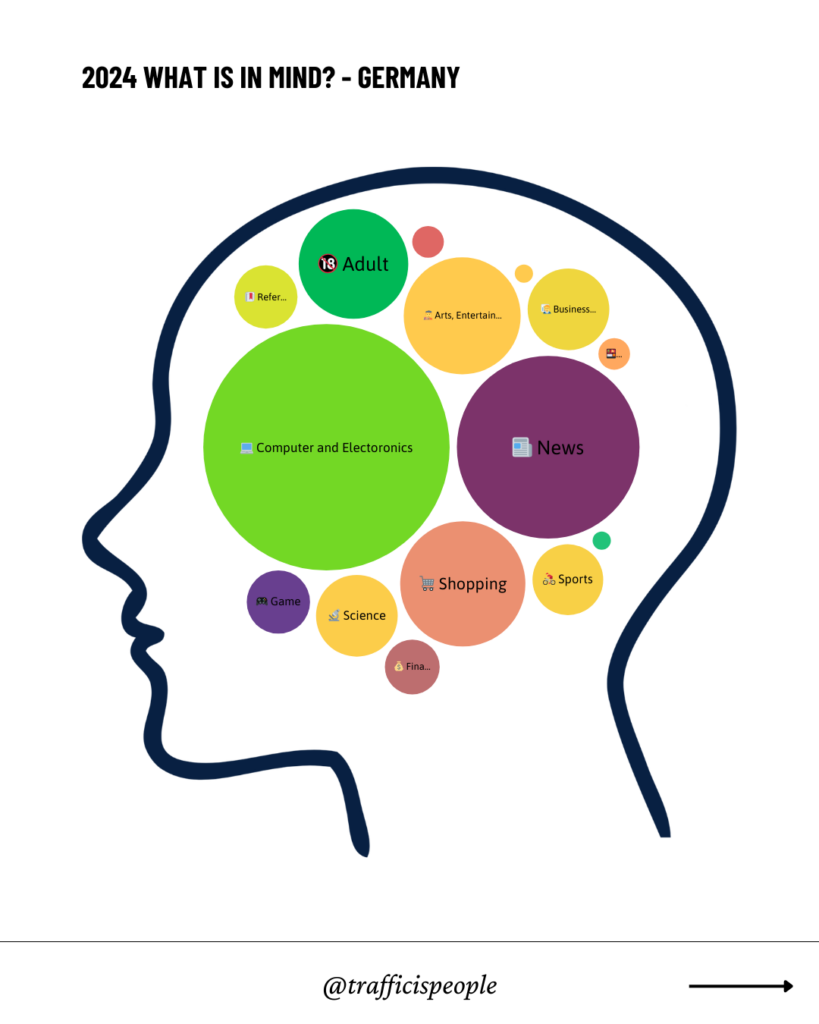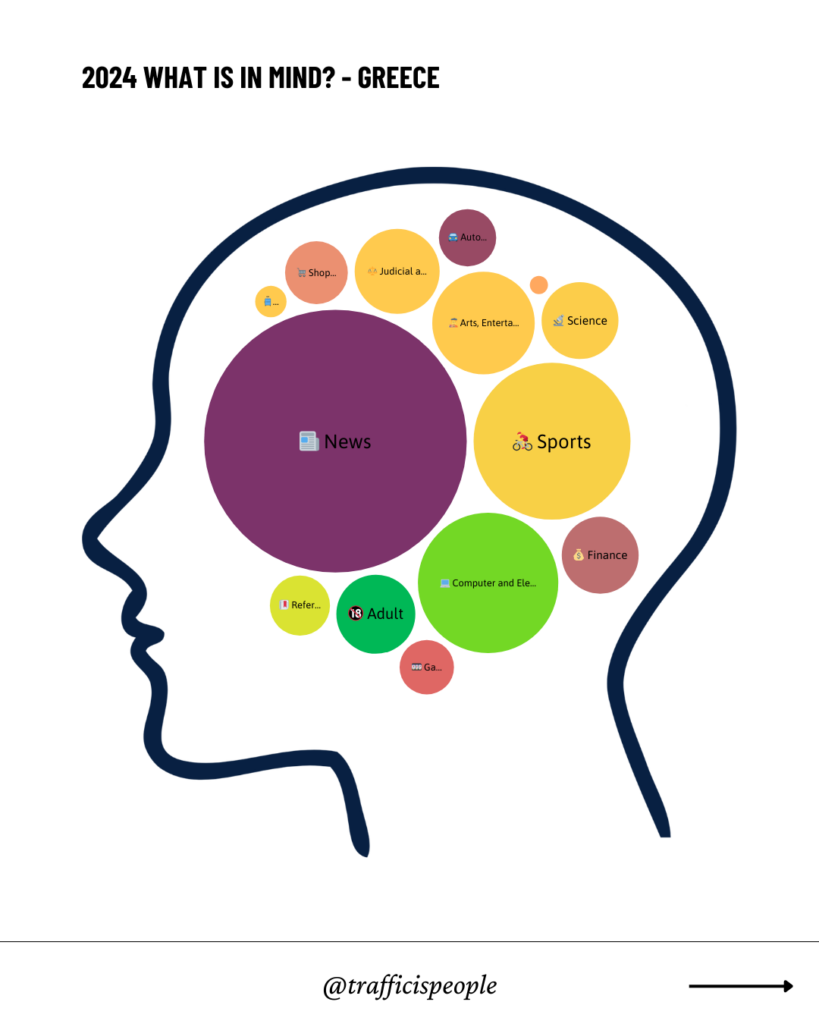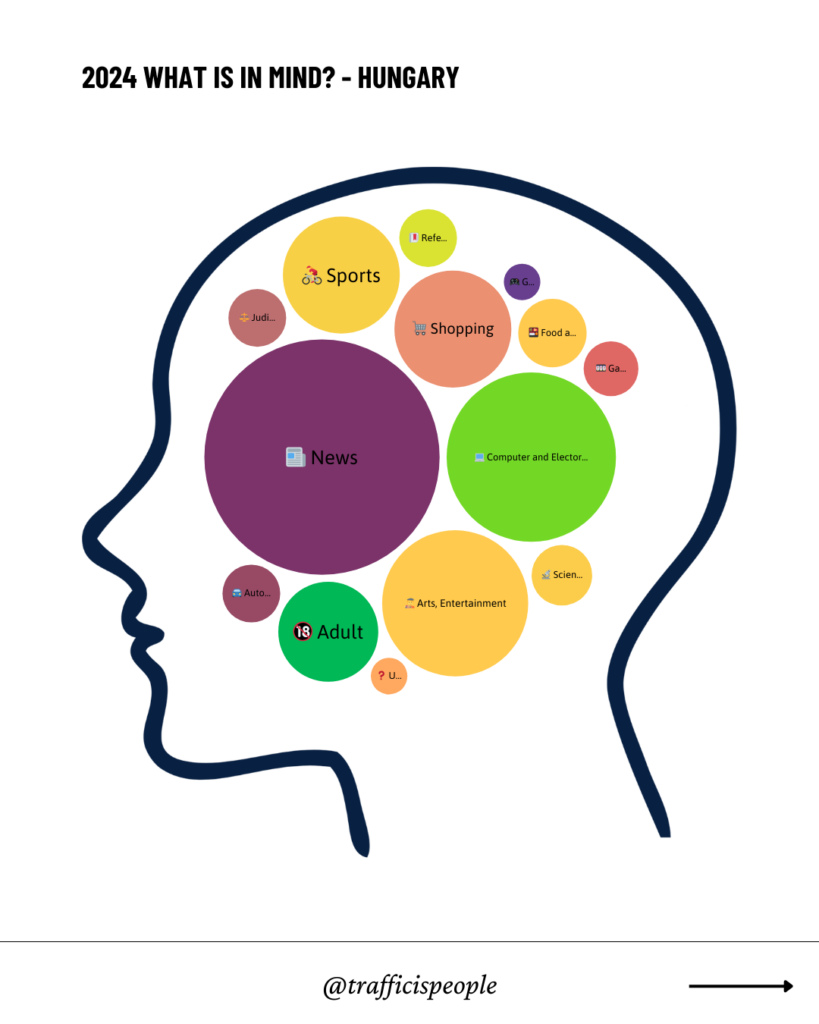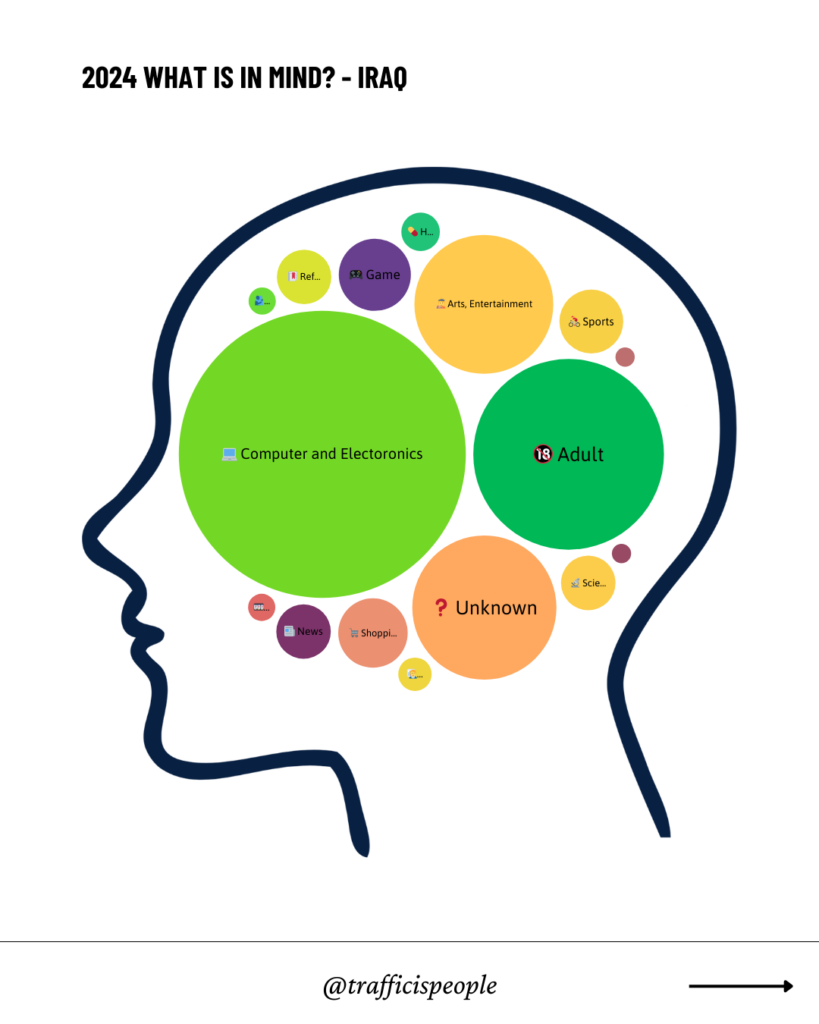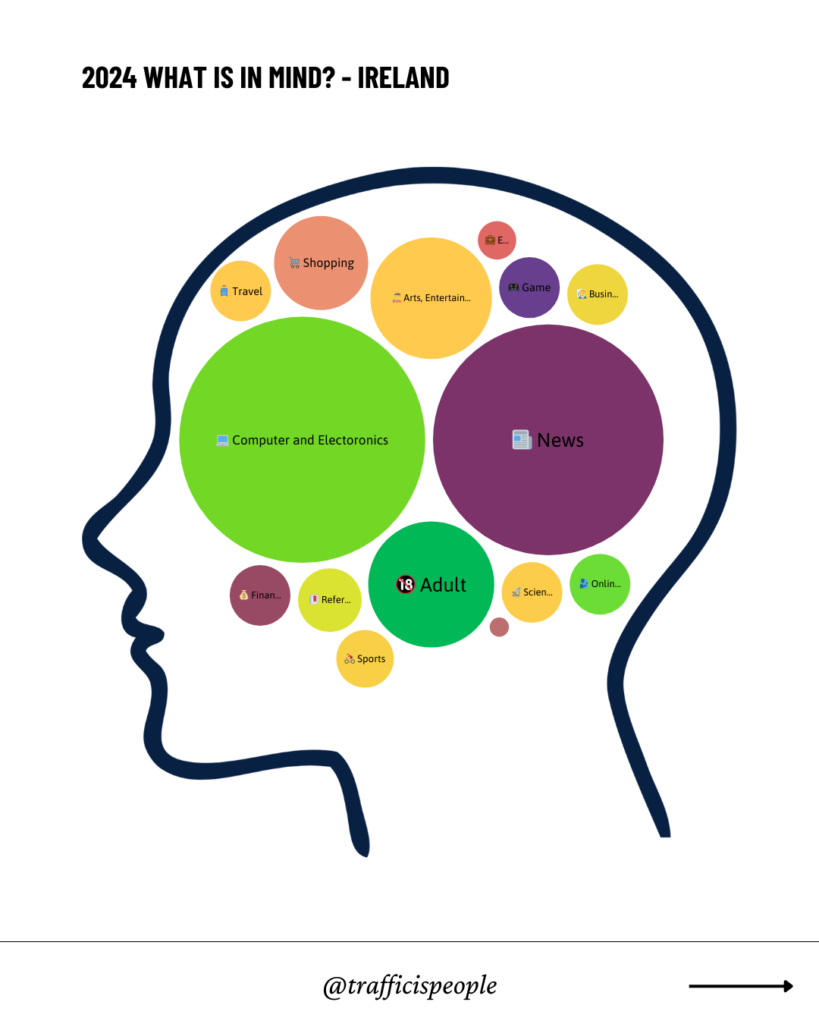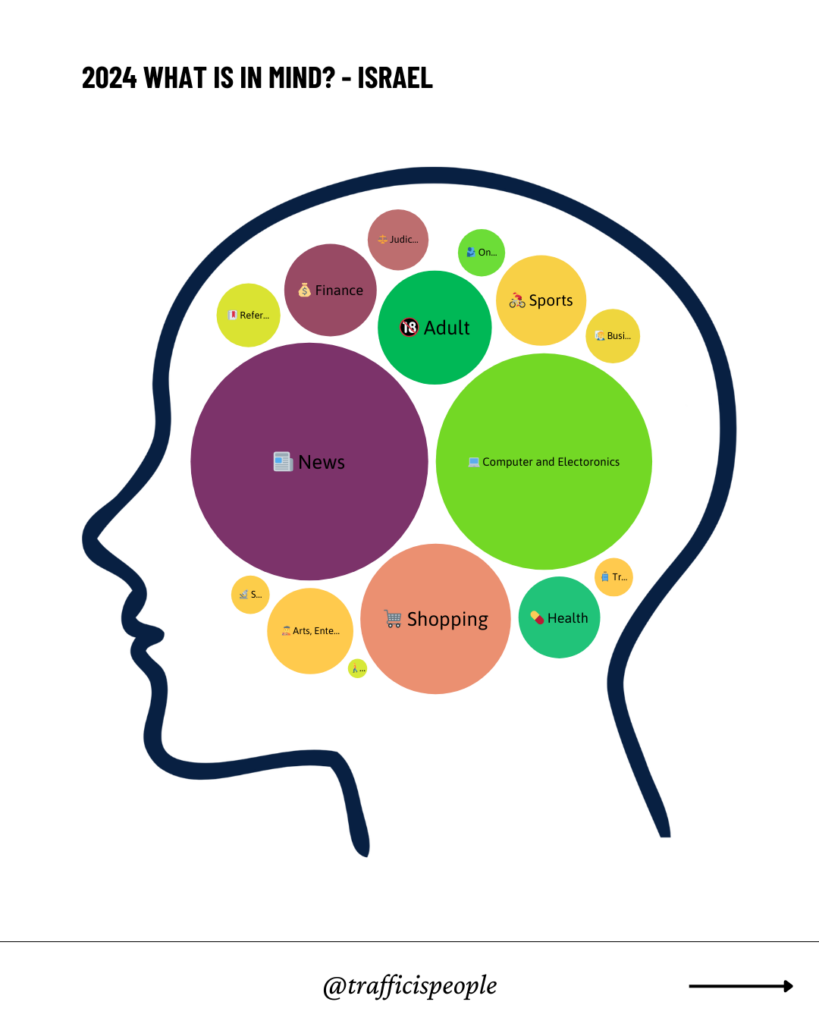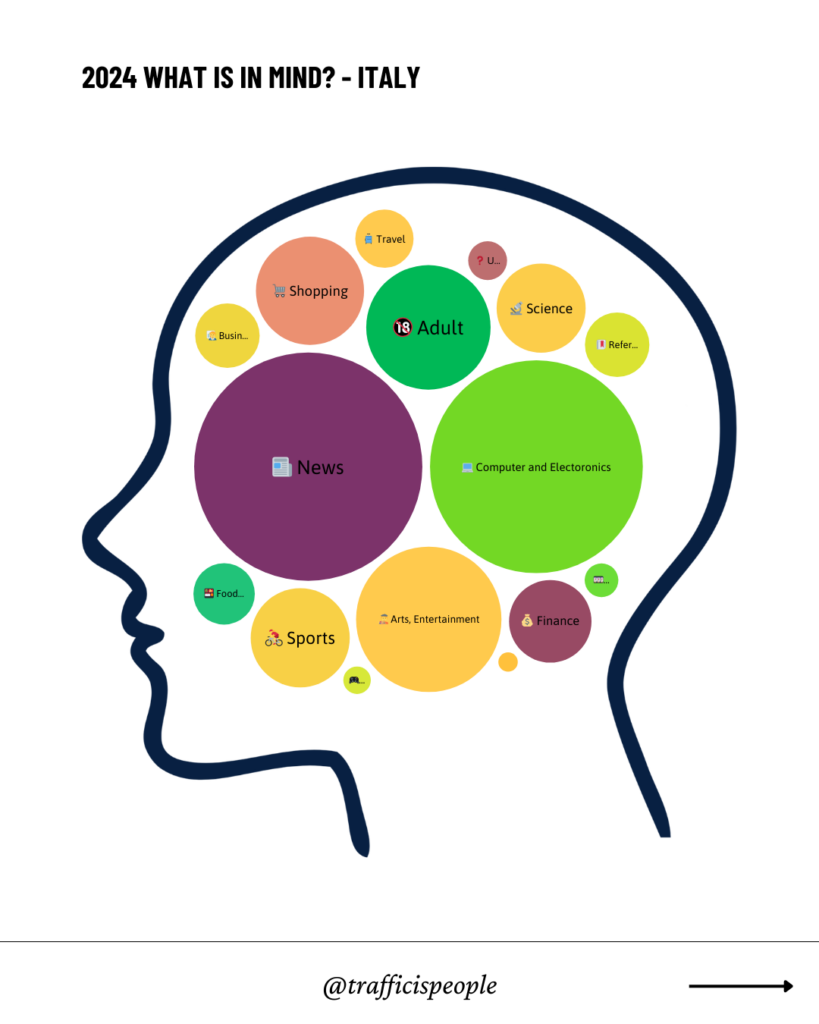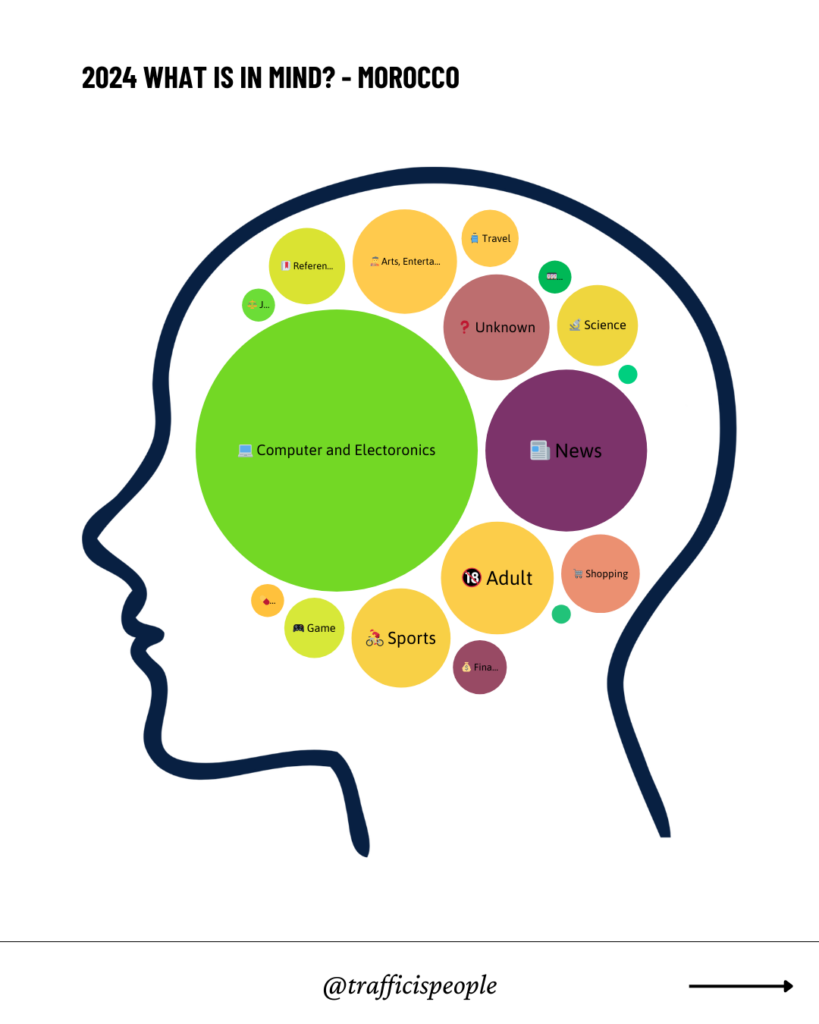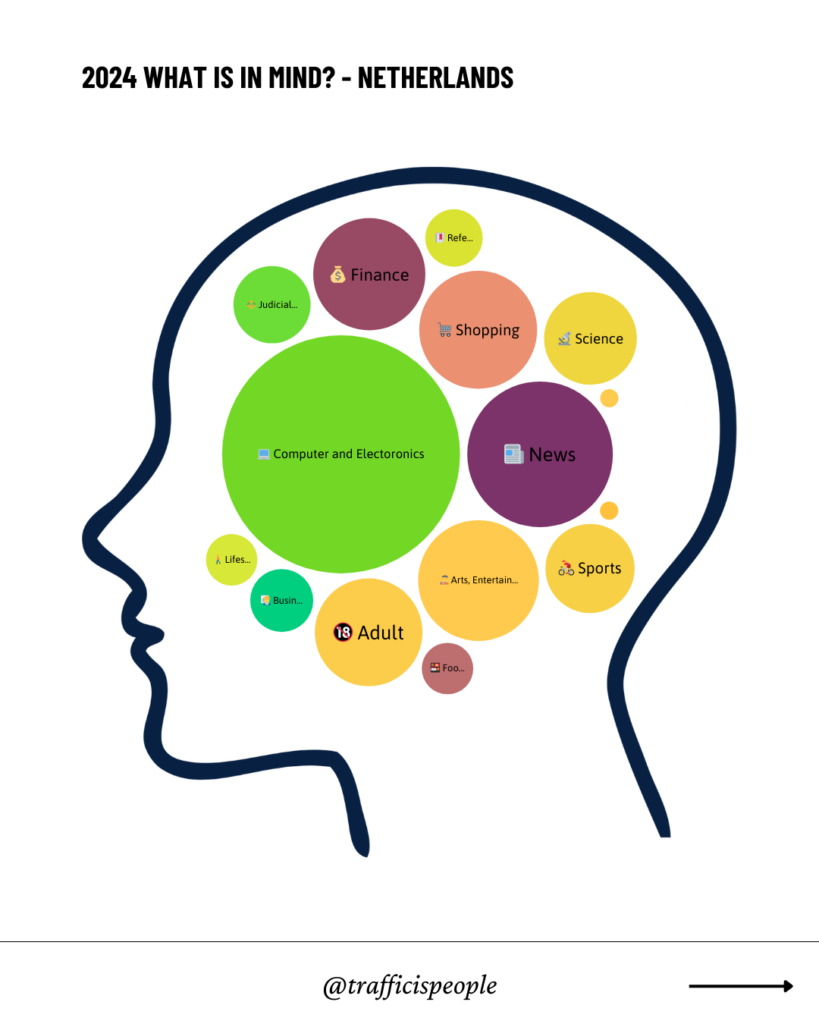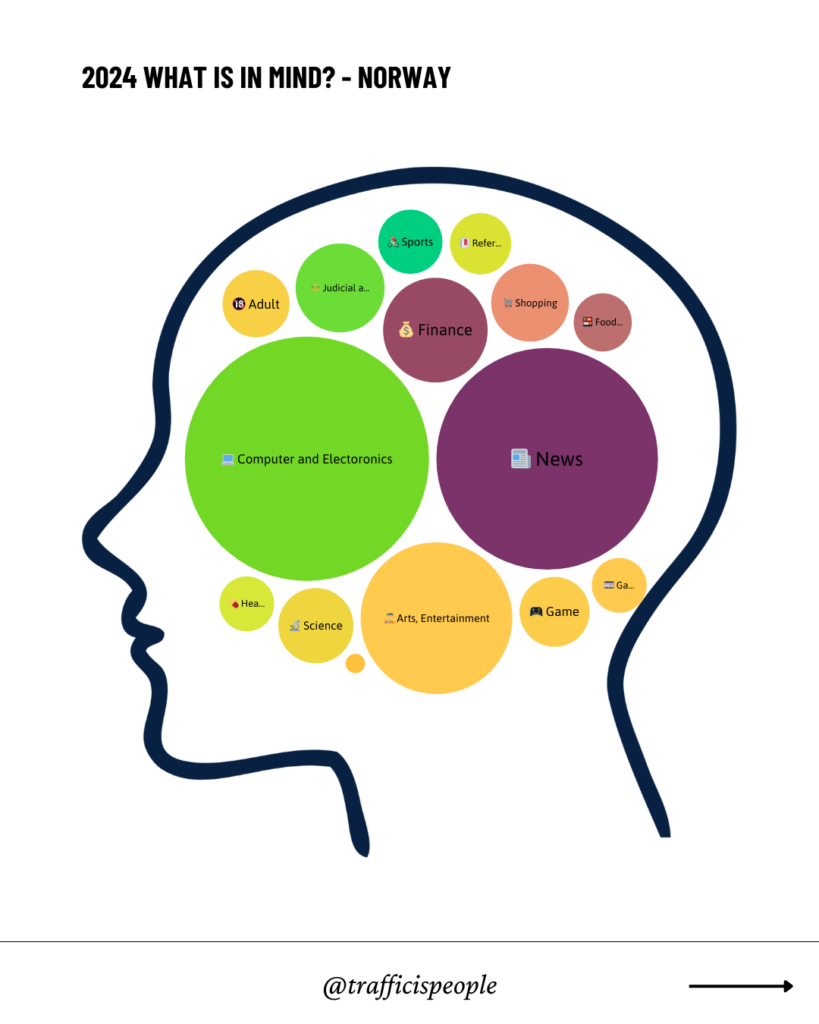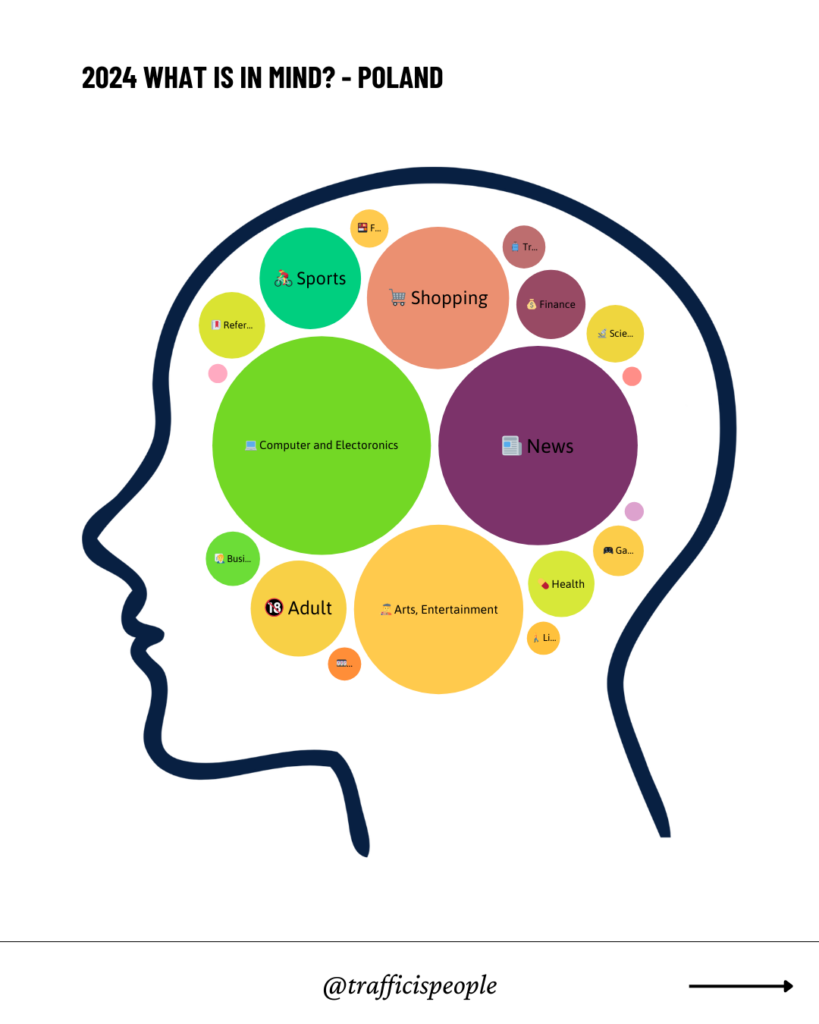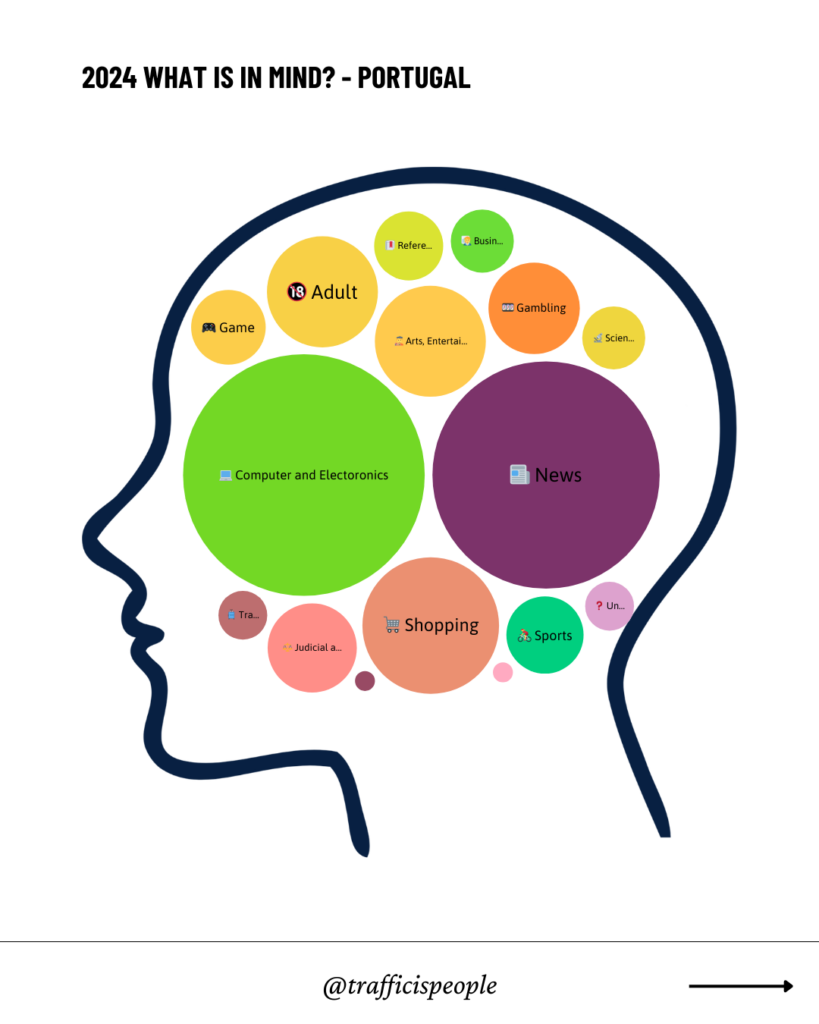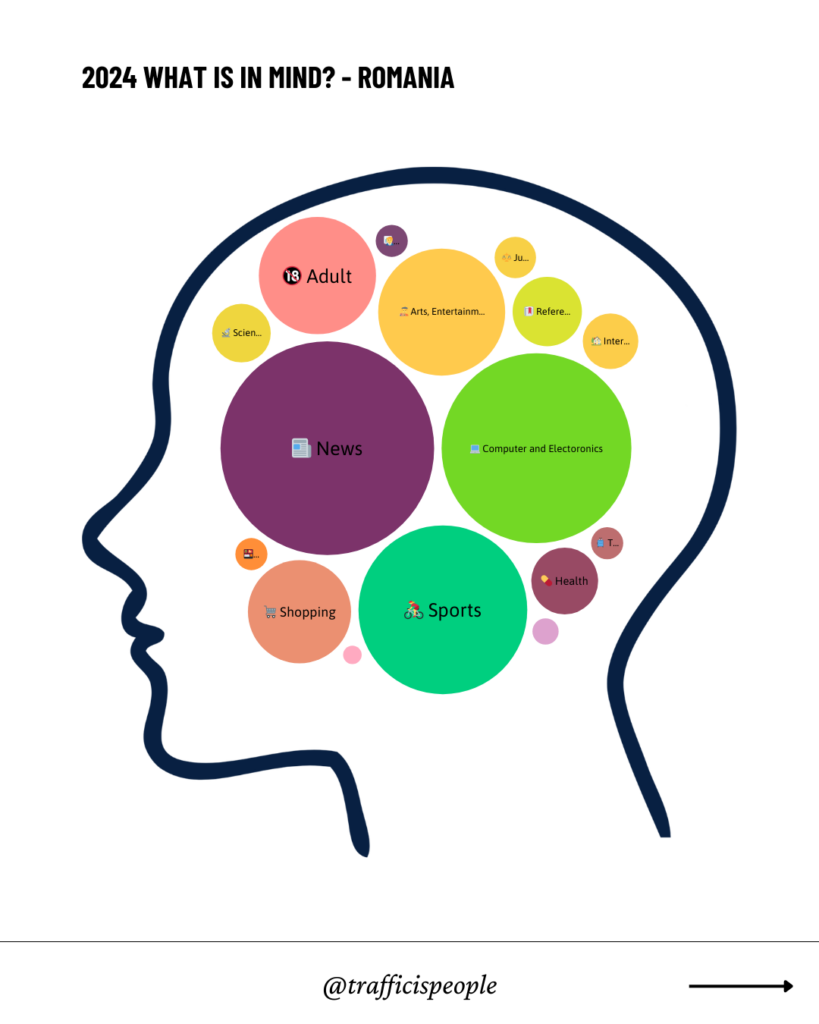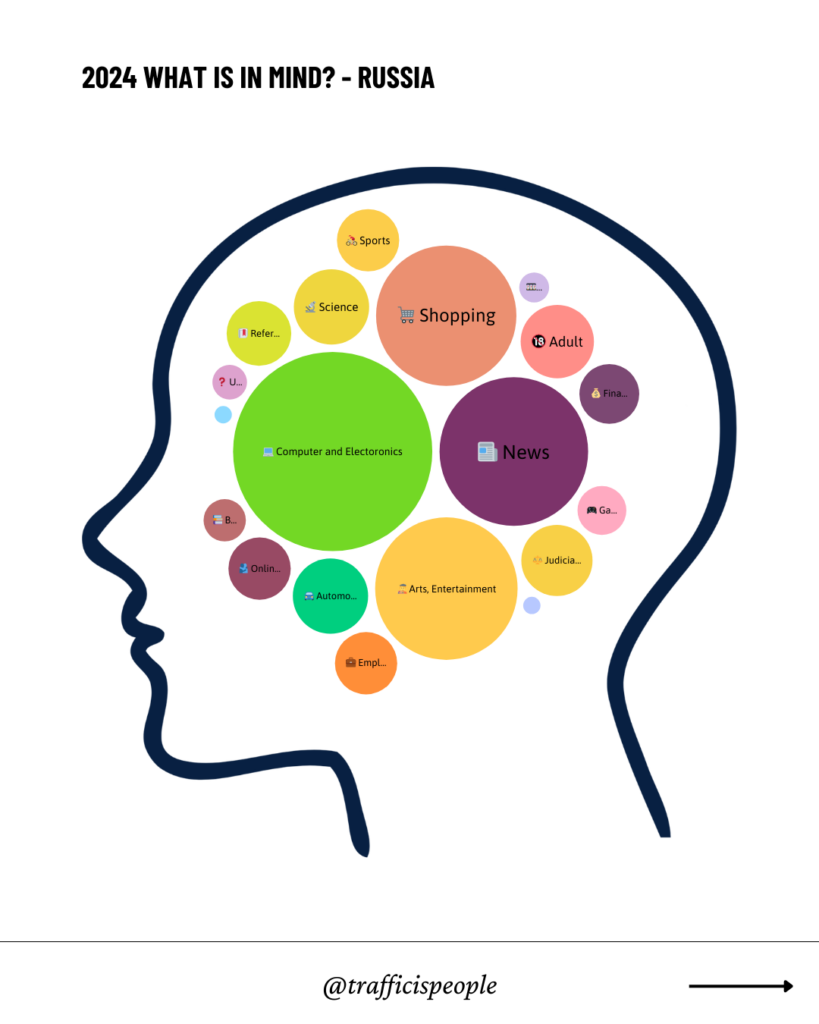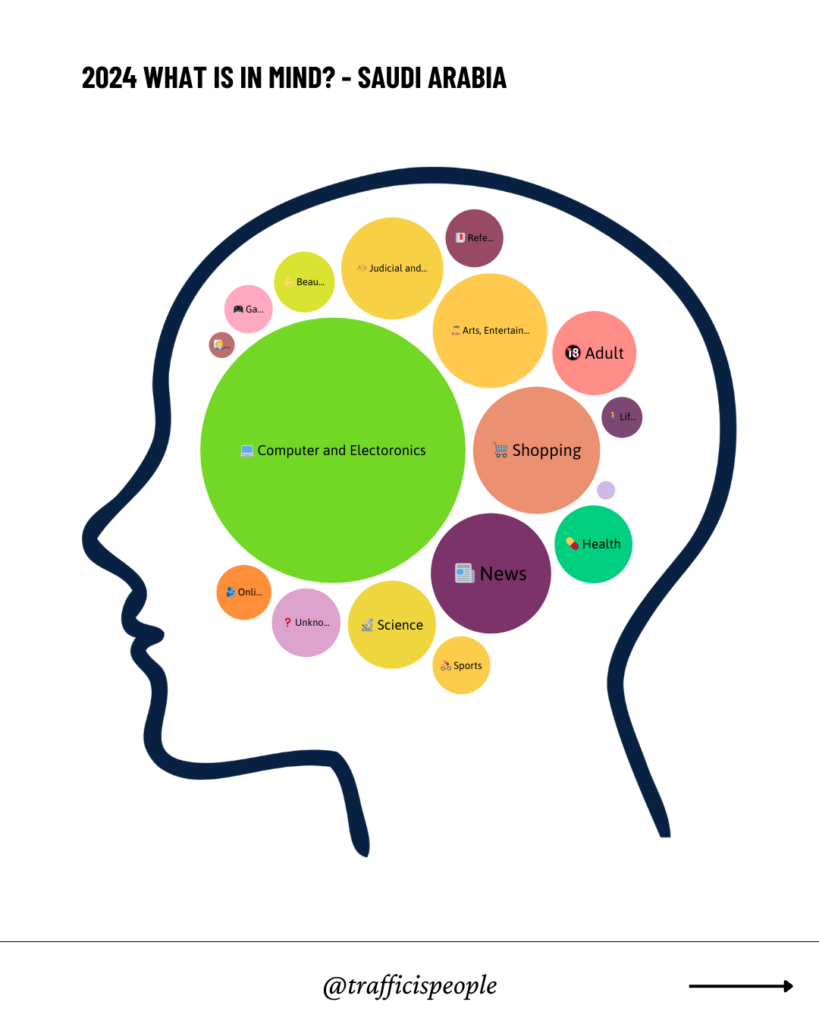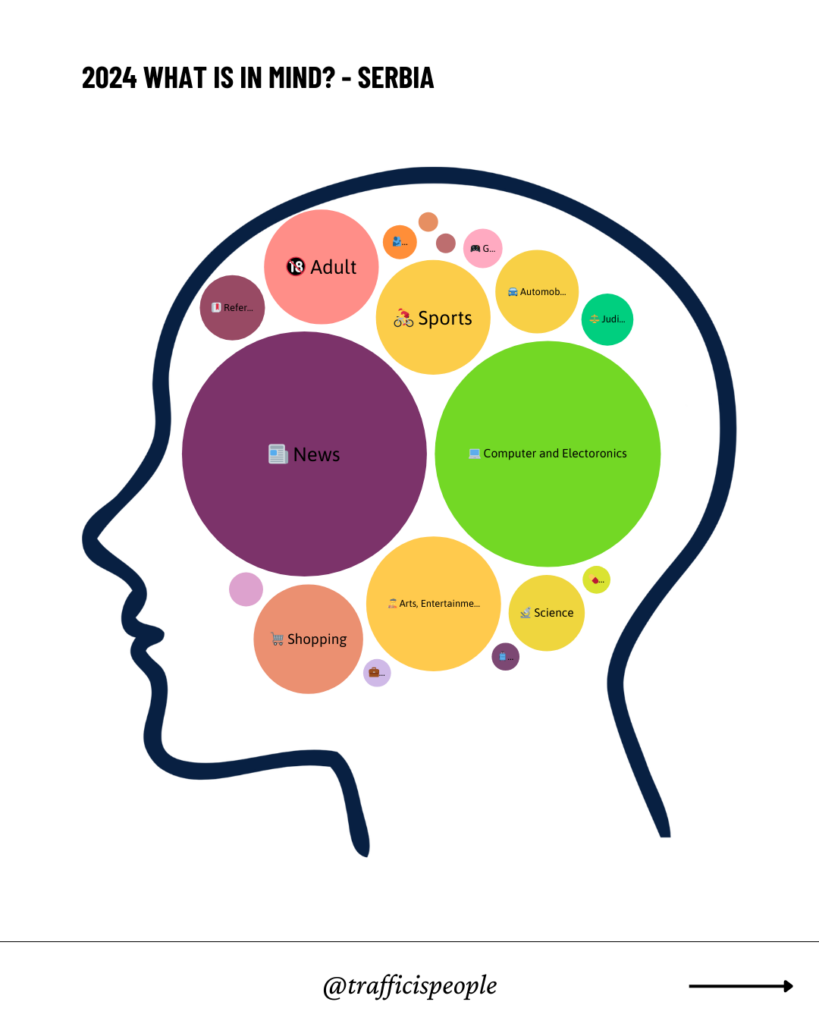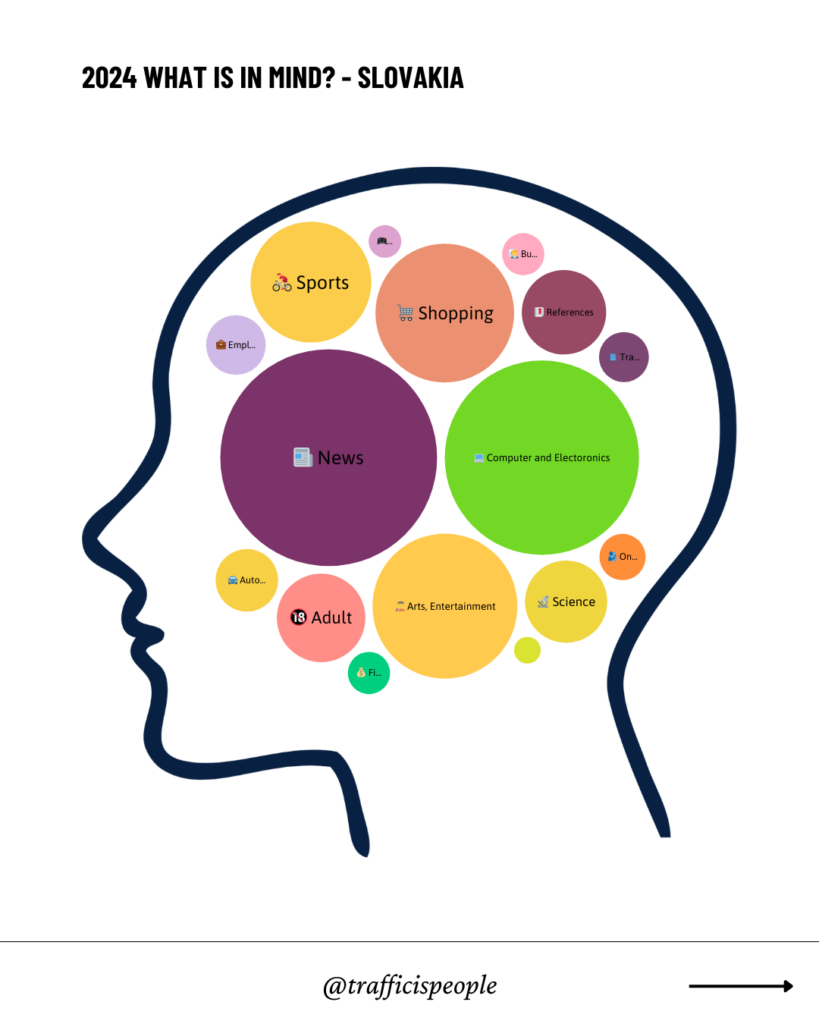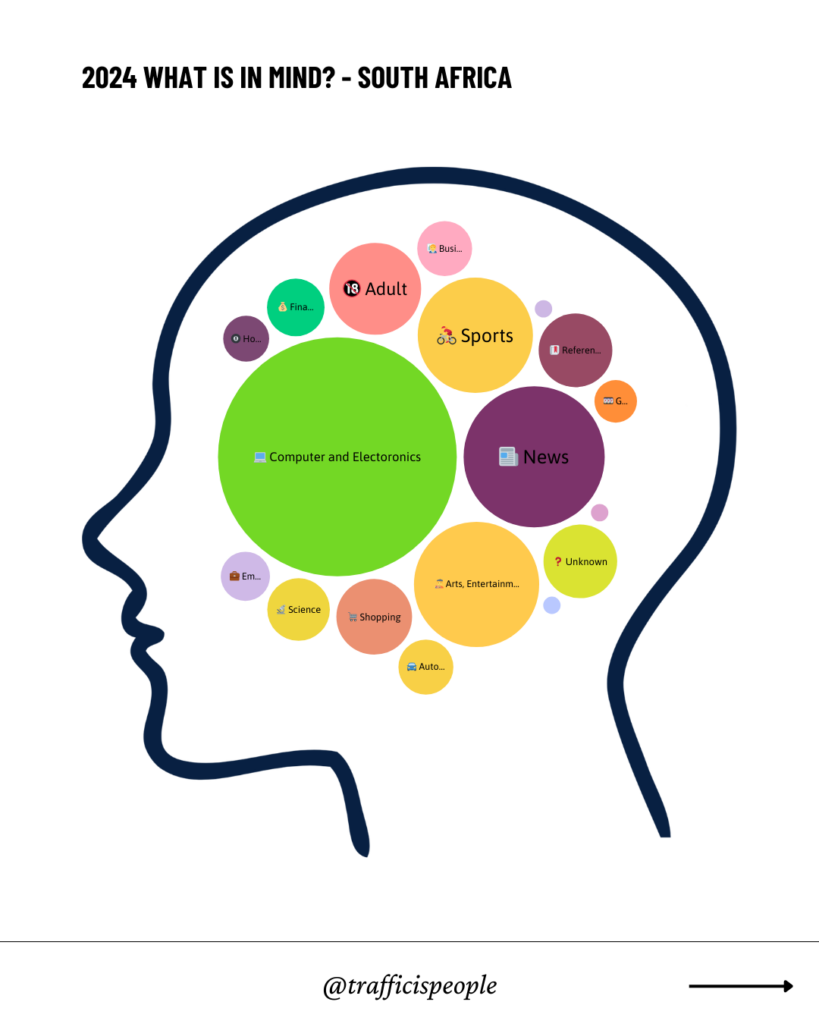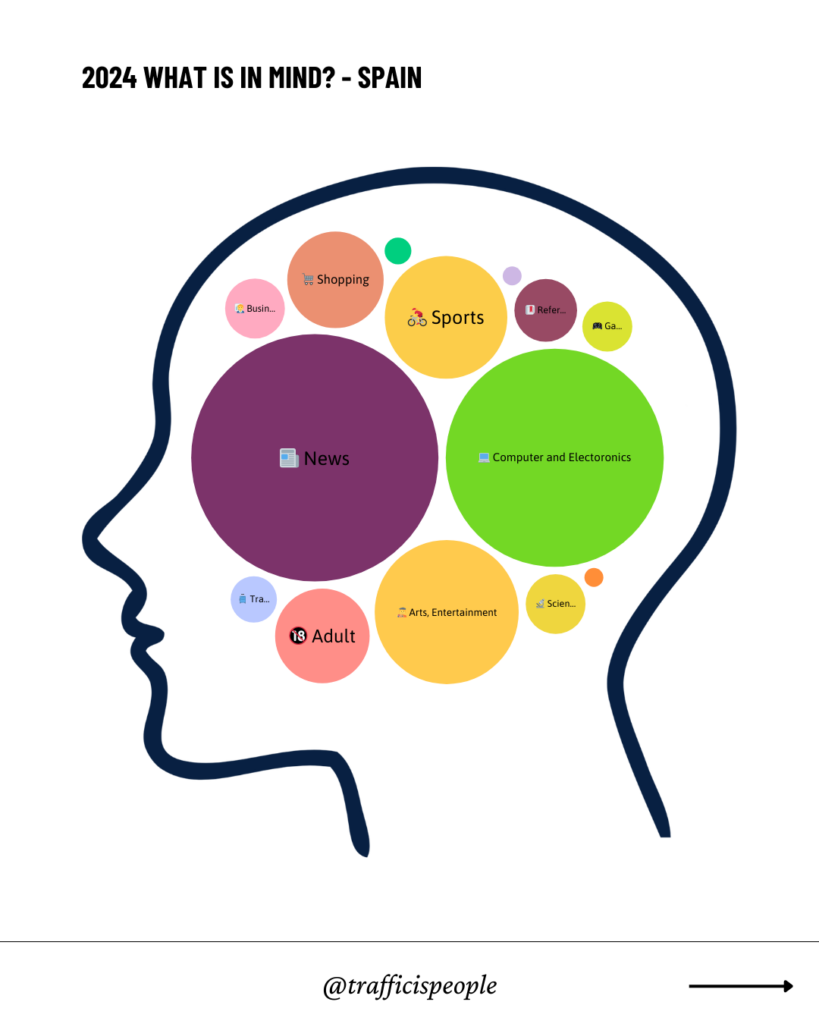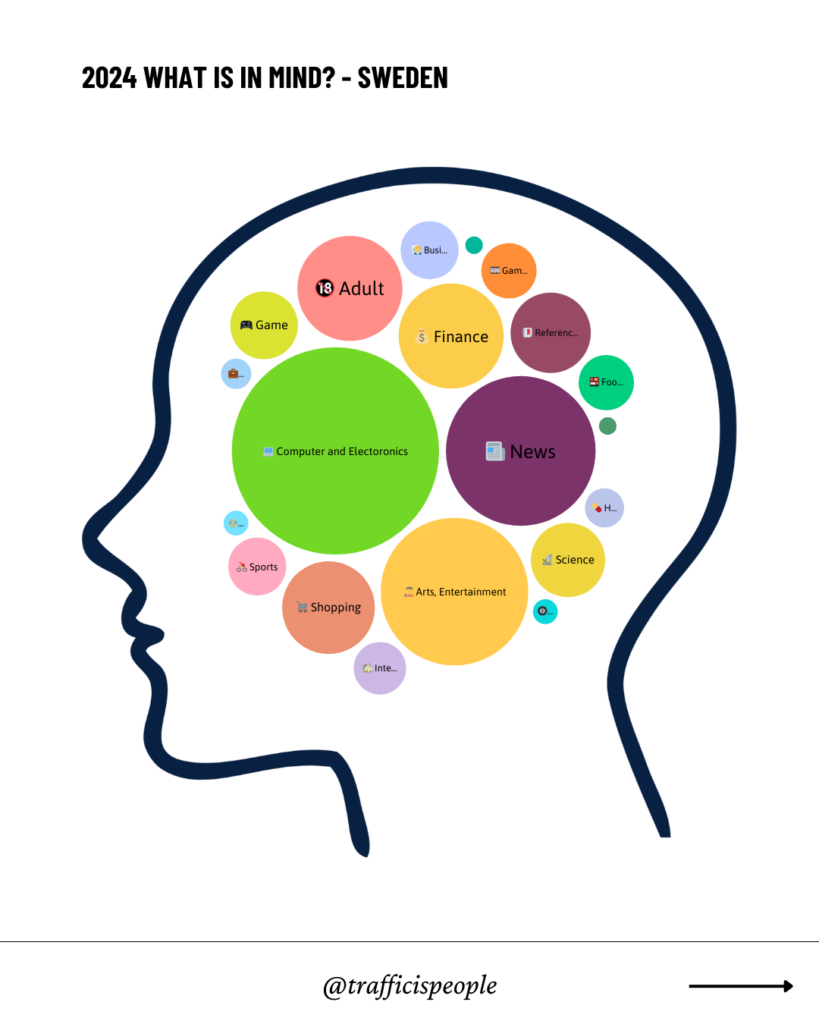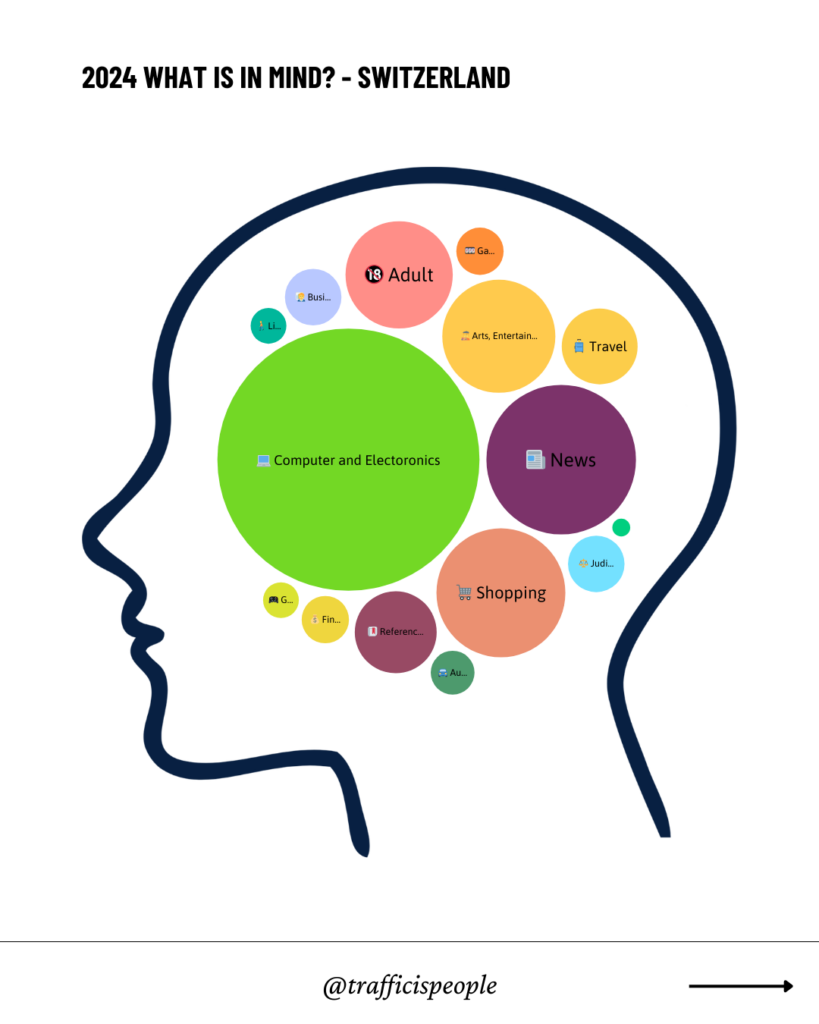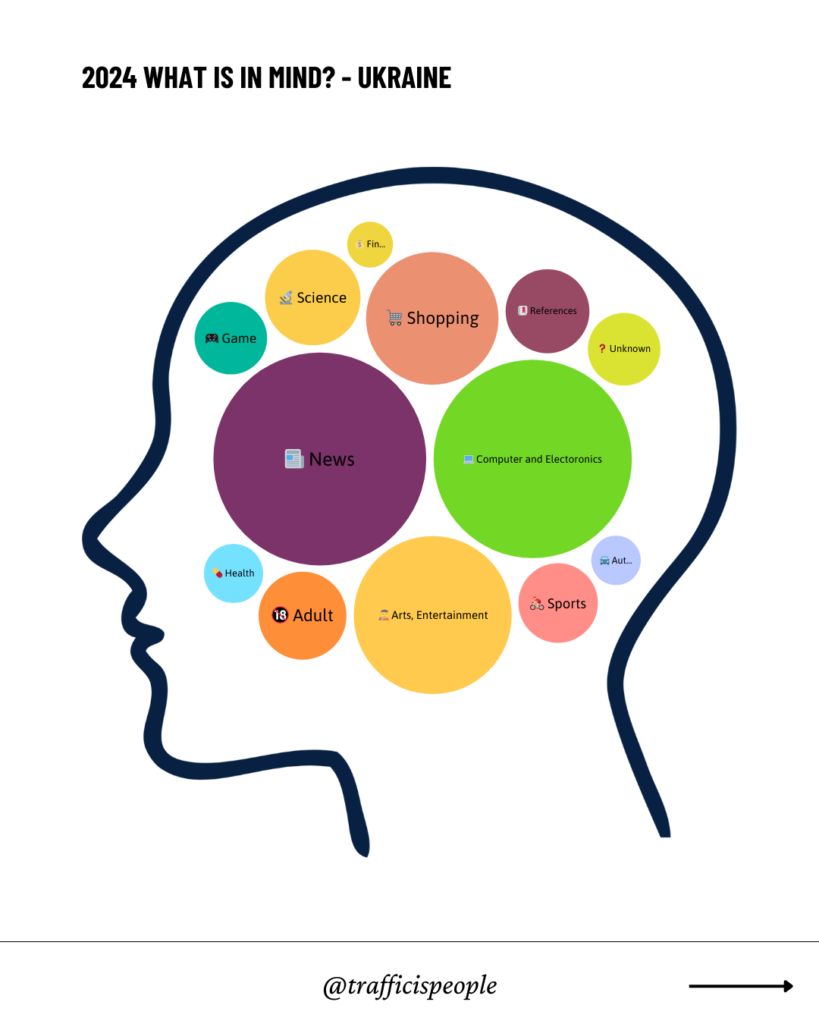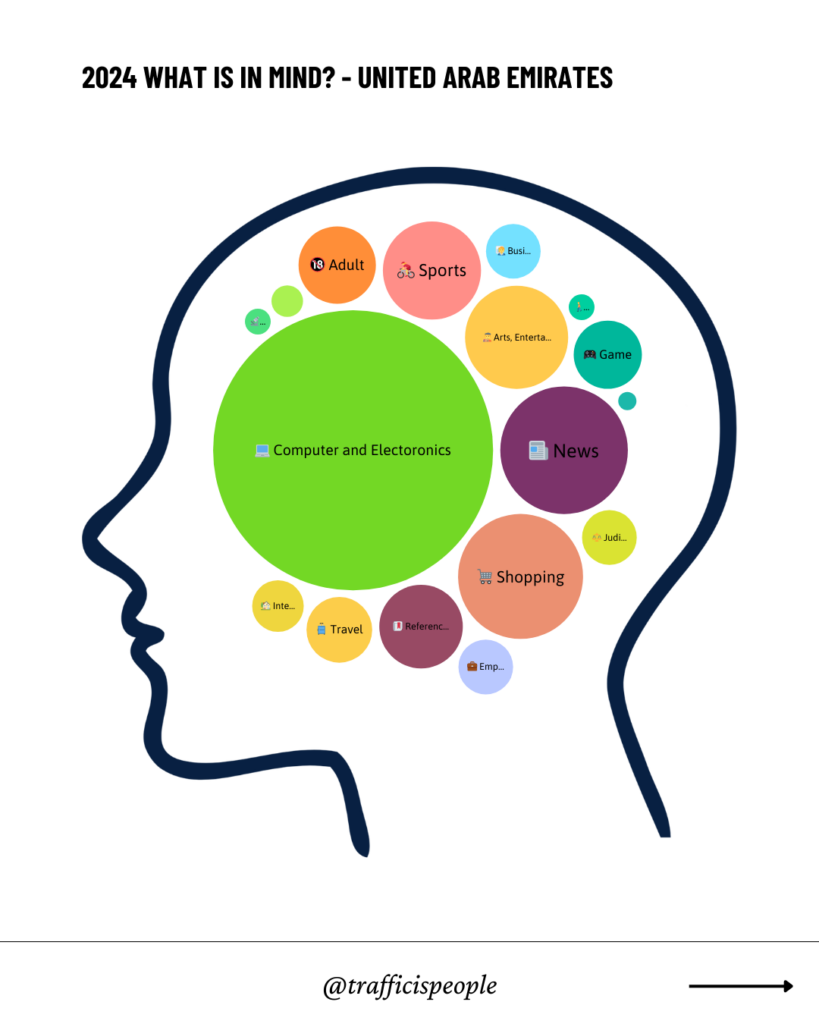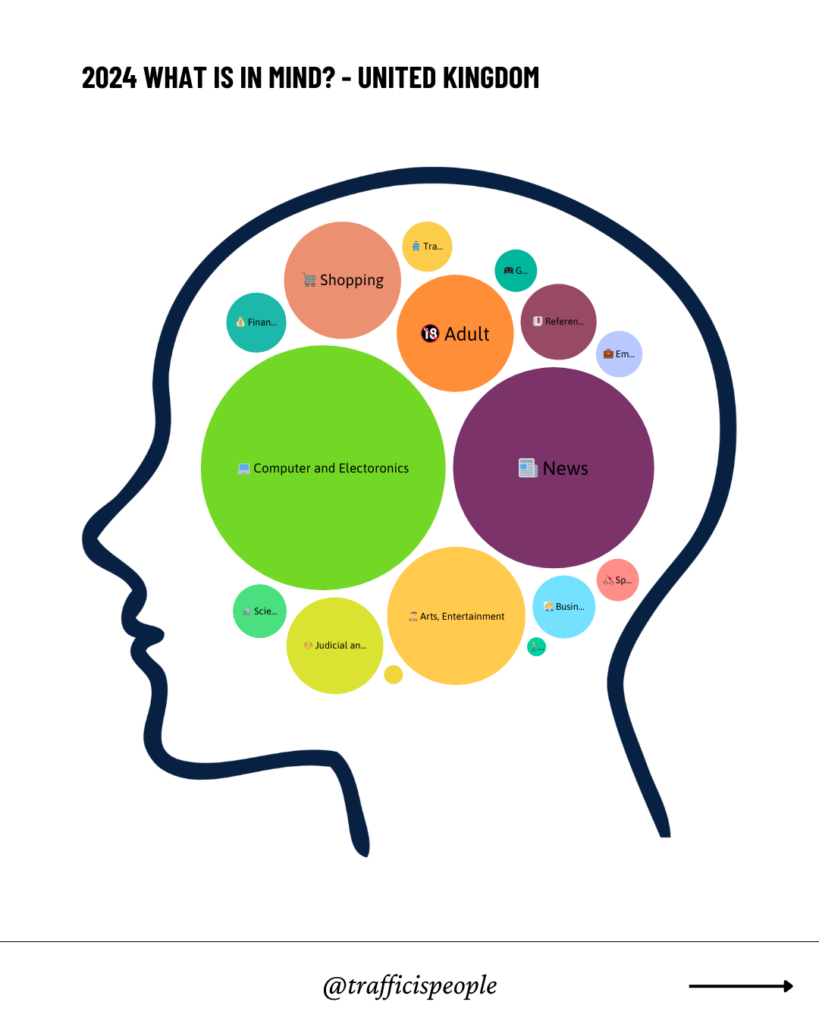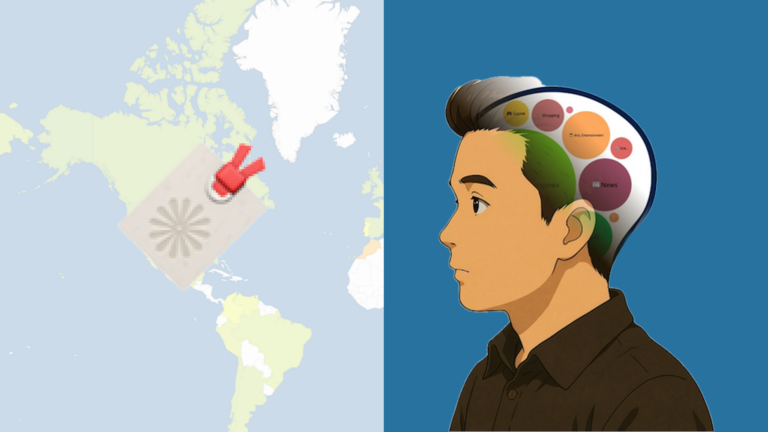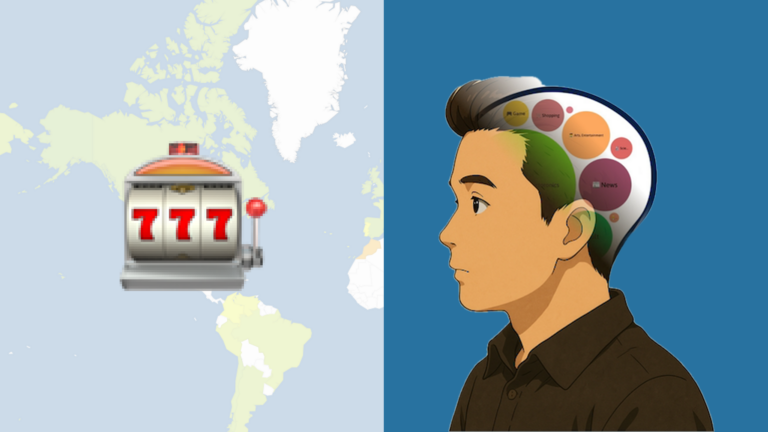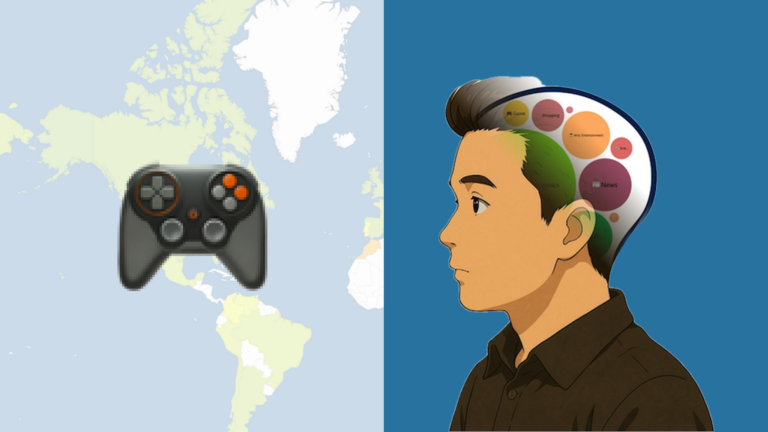Decoding Online Interest in Adult Content: Insights from “What is in mind – Adult”
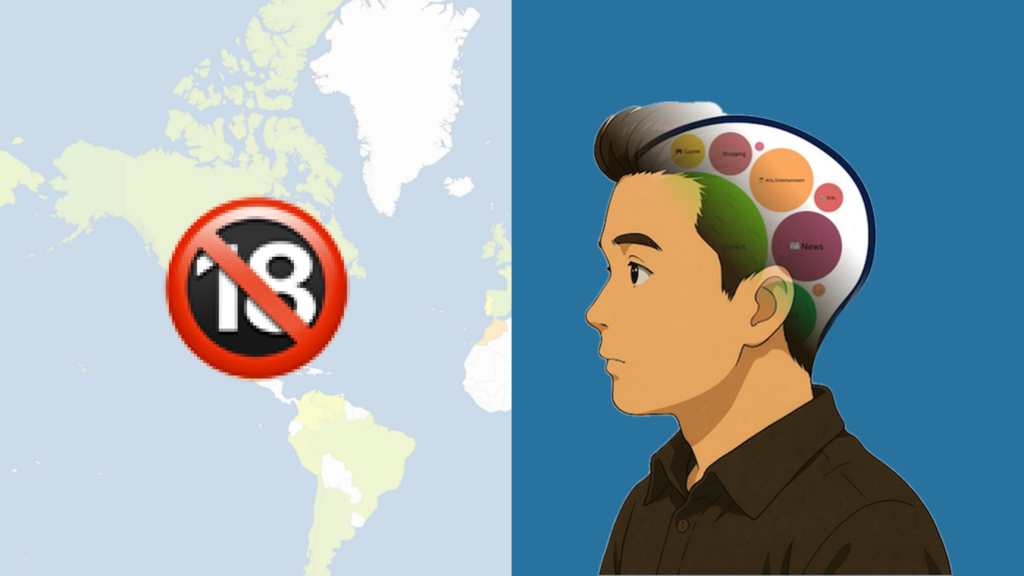
Hello, fellow data enthusiasts and SEO strategists! As a data expert cautiously navigating the sensitive areas of the online world, I’m sharing the results of a rather unique journey within our “What is in mind” project: an in-depth analysis of global interest in ‘Adult’ content.
Guided by the unwavering belief that “Traffic is people,” we’ve analyzed extensive online data to identify the consistent engagement with the ‘Adult’ category across different regions. Given the social, cultural, and legal sensitivities surrounding this topic, we approached the analysis with the utmost ethical considerations as our top priority. It’s crucial to state that this analysis has no intention of generalizing or judging the preferences of specific countries or individuals but solely aims to objectively understand the flow of online data.
🌎 Worldwide: Consistent Online Interest in Adult Content
On a Worldwide scale, the ‘Adult’ category shows a continuous level of online interest. This can be interpreted as a reflection of the tendency to freely explore specific interests within the online environment, where individual privacy is often respected.
🌎 South America: Broad Interest in Diverse Adult Content
In South America, significant interest in the ‘Adult’ category was observed across all six countries: Argentina, Brazil, Chile, Colombia, Peru, and Venezuela. This may be the result of a combination of various factors, including the region’s cultural characteristics, internet penetration rates, and online content consumption habits.
Key Countries of Interest:
🌎 North America: A Mature Online Adult Content Market
North America, particularly Canada, Mexico, and the United States, demonstrates a deep and consistent interest in the ‘Adult’ category. This region, with its relatively open online environment and developed digital infrastructure, shows active access and consumption of various forms of adult content.
Key Countries of Interest:
🌏 Asia Pacific: Careful Interest Within Cultural Contexts
The Asia Pacific region shows interest in the ‘Adult’ category across all fourteen countries: Australia, Hong Kong, India, Indonesia, Japan, Malaysia, New Zealand, Pakistan, Philippines, Singapore, South Korea, Taiwan, Thailand, and Vietnam. However, given the diverse religious and cultural norms present in this region, the patterns of online adult content access and consumption may vary significantly from country to country.
Key Countries of Interest:
🌍 Europe Middle East Africa: Adult Content Consumption Across Diverse Cultural Backgrounds
The Europe Middle East Africa region demonstrates a continuous interest in the ‘Adult’ category across thirty-one countries: Austria, Belgium, Bulgaria, Croatia, Czech Republic, Denmark, Egypt, France, Germany, Greece, Hungary, Iraq, Ireland, Israel, Italy, Morocco, Netherlands, Norway, Poland, Portugal, Romania, Russia, Saudi Arabia, Serbia, Slovakia, South Africa, Spain, Sweden, Switzerland, Ukraine, United Arab Emirates, and the United Kingdom. This region encompasses diverse cultural and religious backgrounds, which can be a significant factor influencing online adult content consumption patterns. Some countries may exhibit relatively open access, while others may have strict regulations.
Key Countries of Interest:
Through our “What is in mind – Adult” analysis, we’ve carefully examined how online interest in adult content manifests globally and how the cultural and social contexts of each region exert their influence. This data can serve as foundational material for careful consideration in various fields, including market analysis for related industries, content strategy development, and the responsible operation of online platforms.
Moving forward, the “What is in mind” project will continue its efforts to analyze and understand diverse areas of interest in the online world, including sensitive topics, based on data.
Disclaimer: This blog post objectively presents the results of online data analysis on a specific topic and does not imply any endorsement or encouragement of any form of content. Data analysis is a tool for understanding social phenomena, and its interpretation and application always require a cautious approach.

